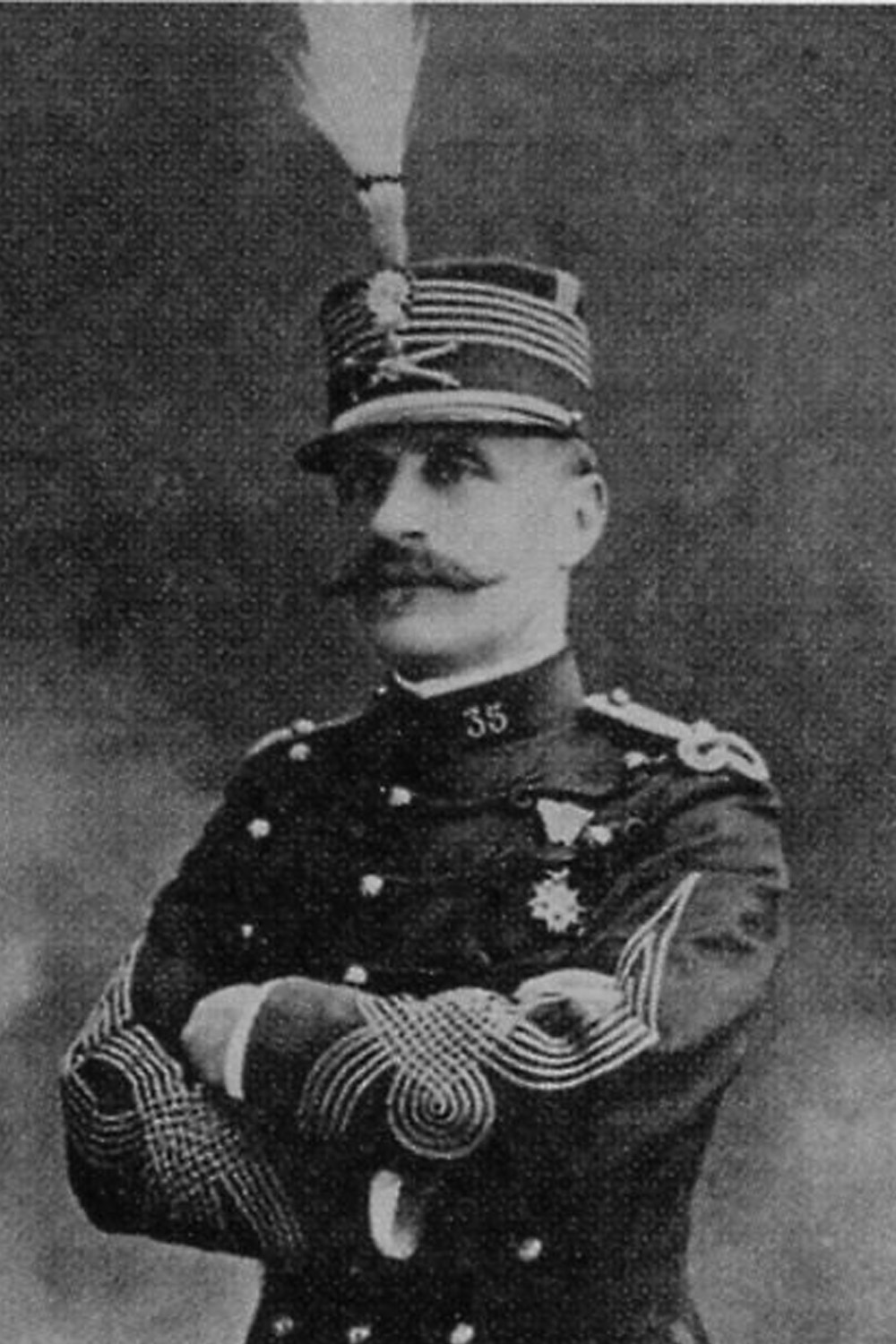Distinguished Service Medal Recipients
Allied War Leaders
Just two years after the birth of The American Legion, its founders saw fit to award a Distinguished Service Medal as tribute to those who made great contributions to veterans. The first award, presented in 1921 at the Legion's national convention, could not be limited to one individual. Instead, five were presented to recognize the importance of Allied forces in the victorious battles of
World War I.
United in Kansas City, Mo., the chosen site for the National World War I Museum at the Liberty Memorial, Legionnaires resolved: "... in recognition of the respect, admiration and affection which The American Legion has for the distinguished guests now honoring us, and as a mark of our esteem and gratification at the honor thus paid us by attending our National Convention, The American Legion, in convention assembled, hereby authorizes Marshal Ferdinand Foch (of France), Admiral Sir David Beatty (of Great Britain), Lieutenant General Baron Jacques (of Belgium), General Armando Diaz (of Italy) and M. Charles Bertrand (of France, president of the Inter-Allied Veterans Association) to wear the official badge of The American Legion. Photos courtesy of the Library of Congress and the American Legion Library.
2024 – Jack Miller
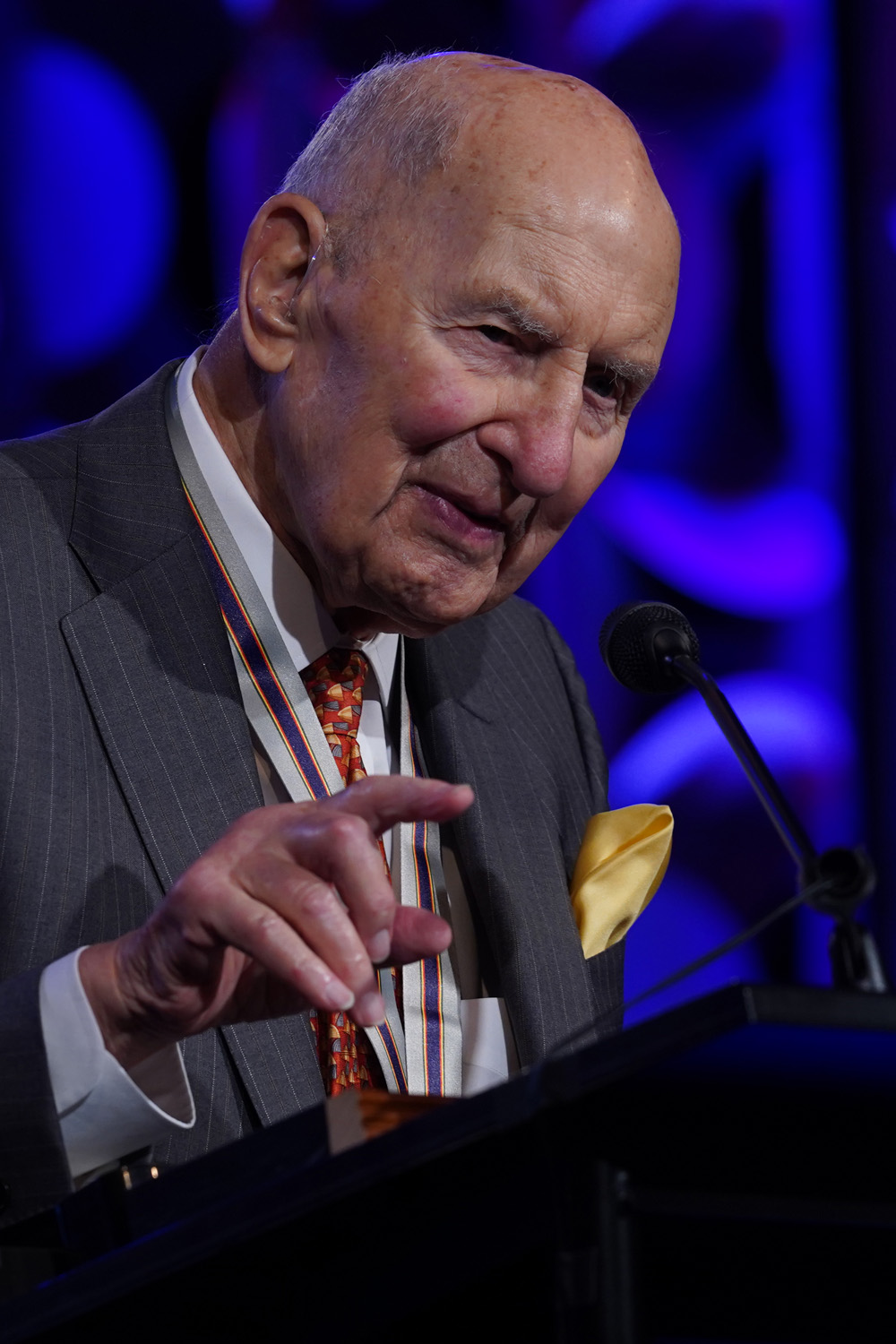
2023 - First Liberty Institute
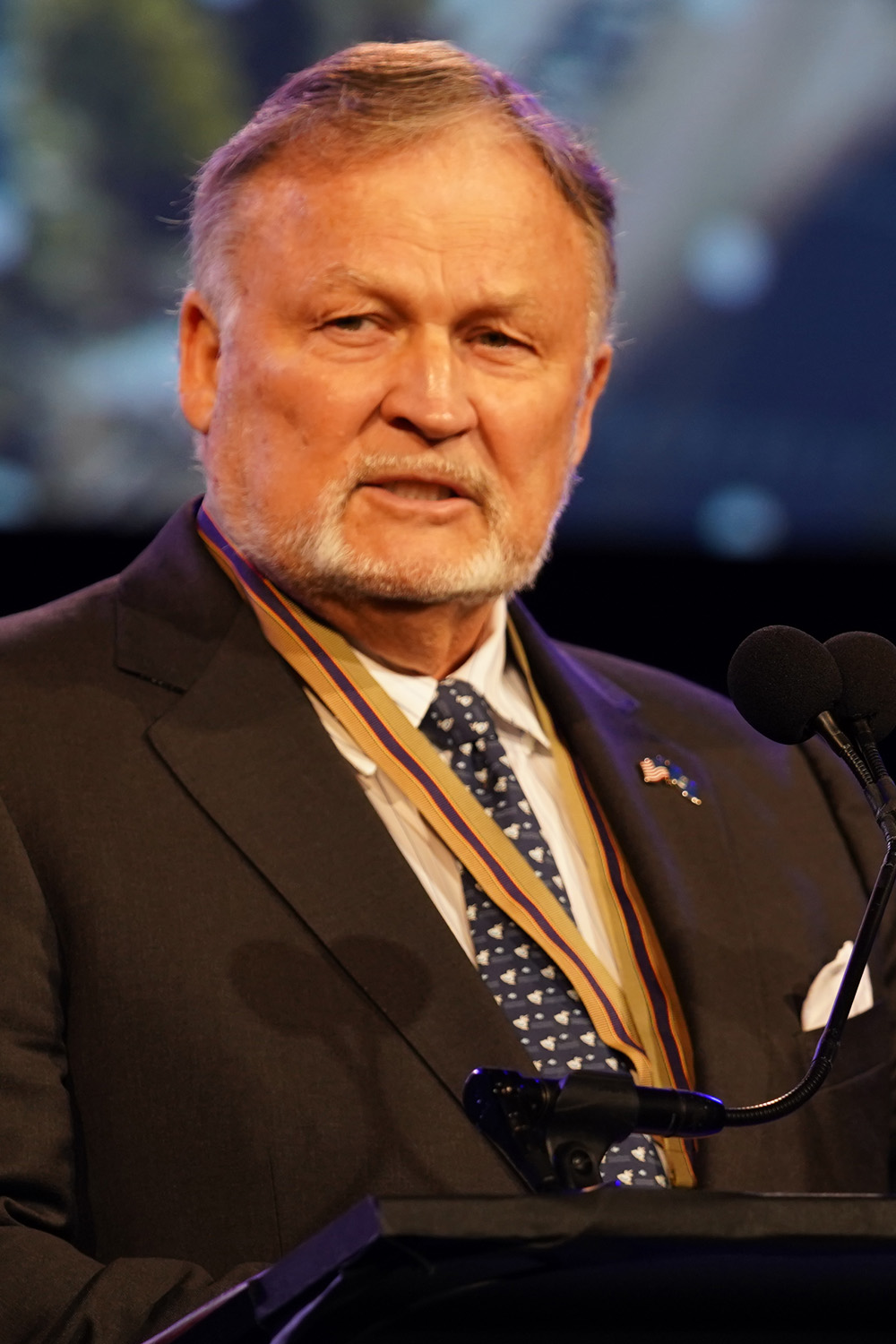
2022 - Hon. David P. Roe, M.D.
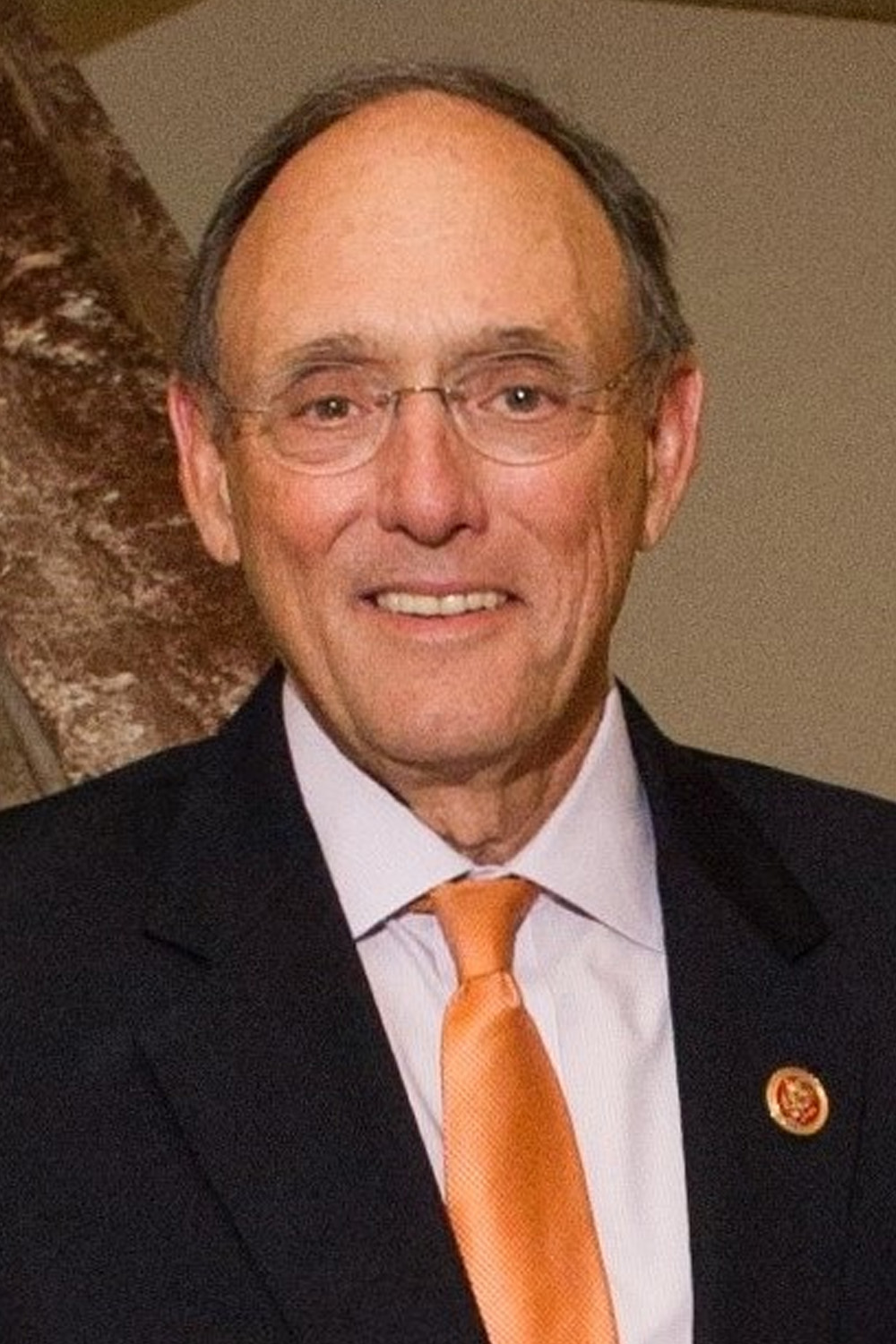
2021 - Diane Carlson Evans
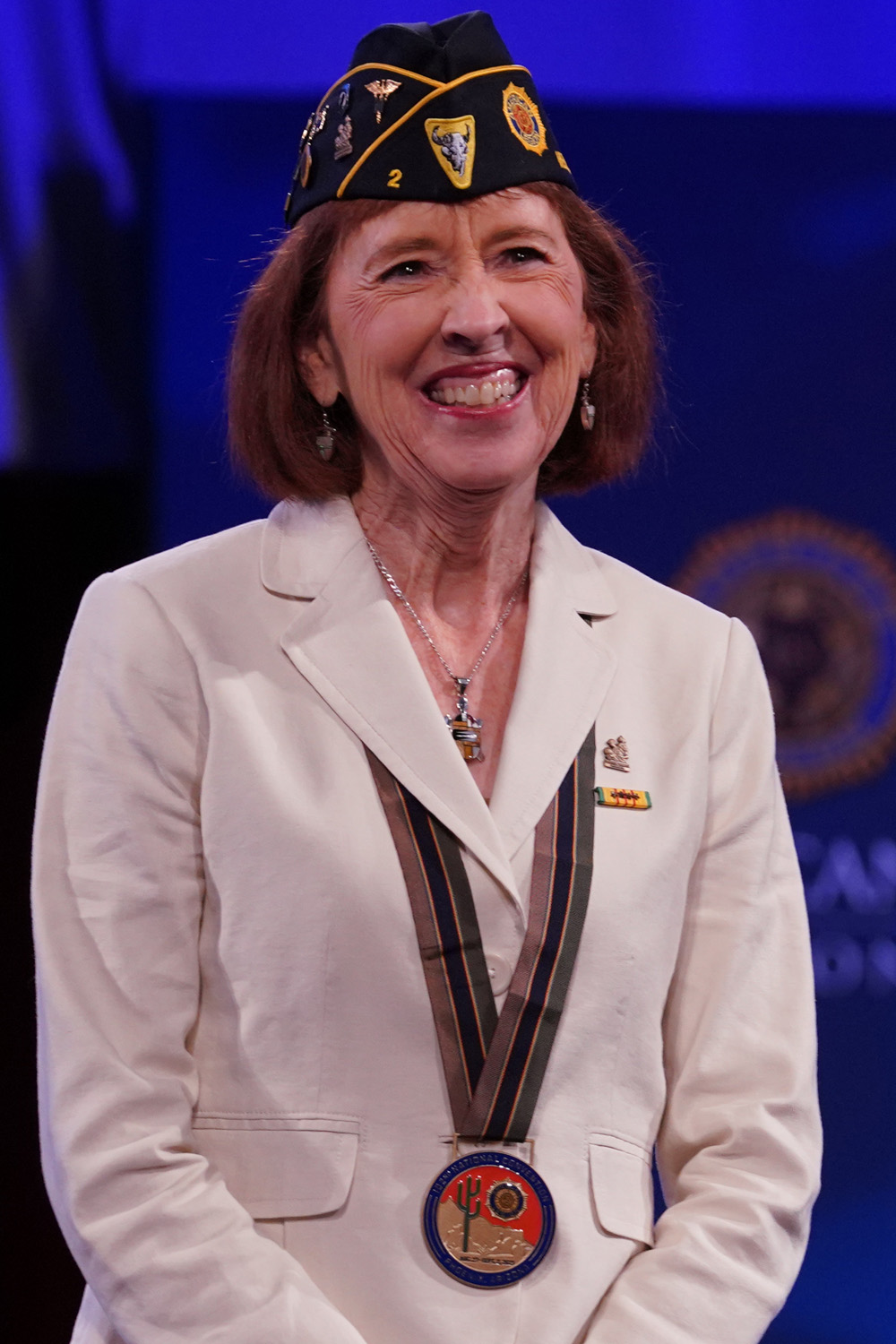
2020 - No Award Given
2019 - Sen. John McCain
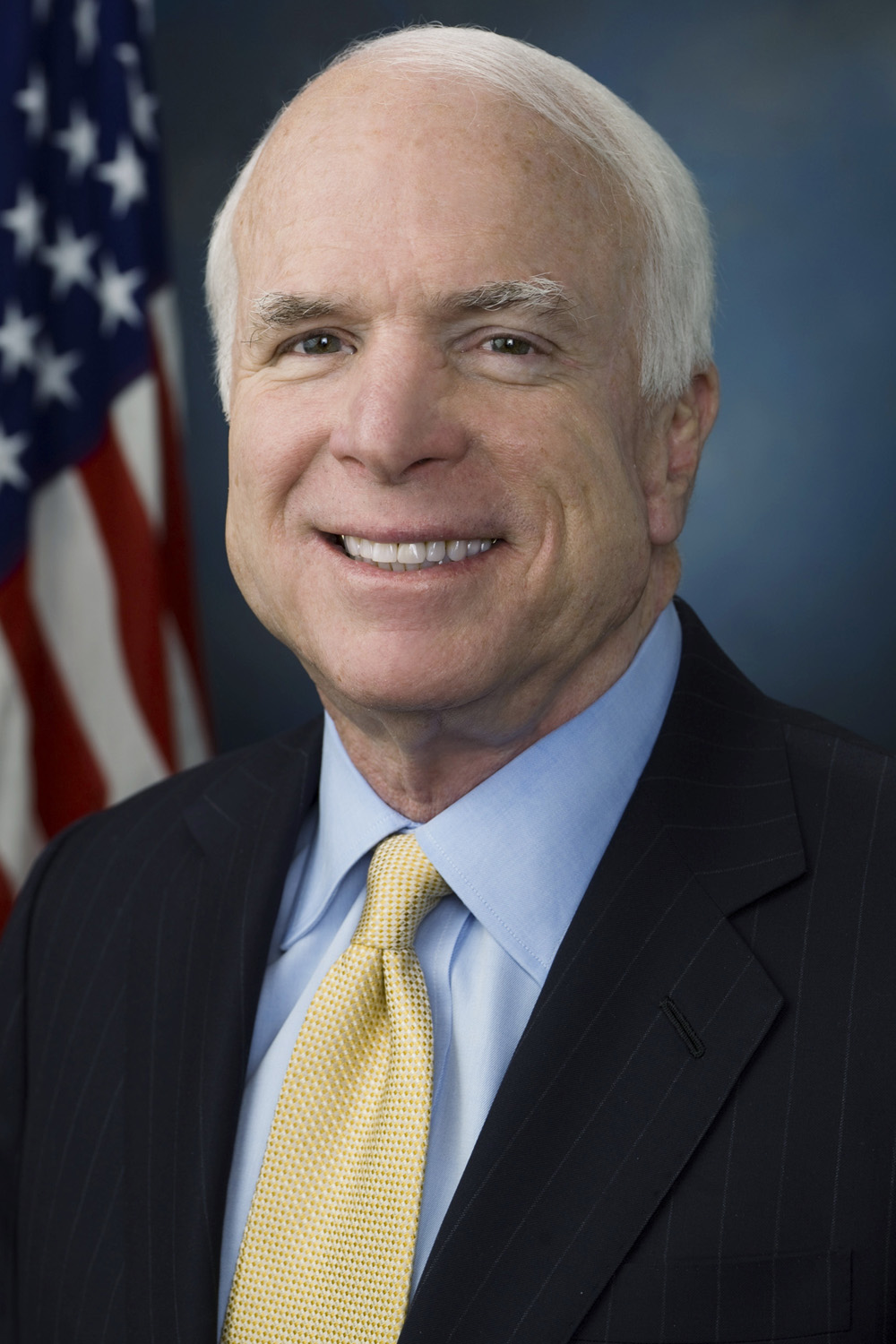
2018 - Elizabeth Dole
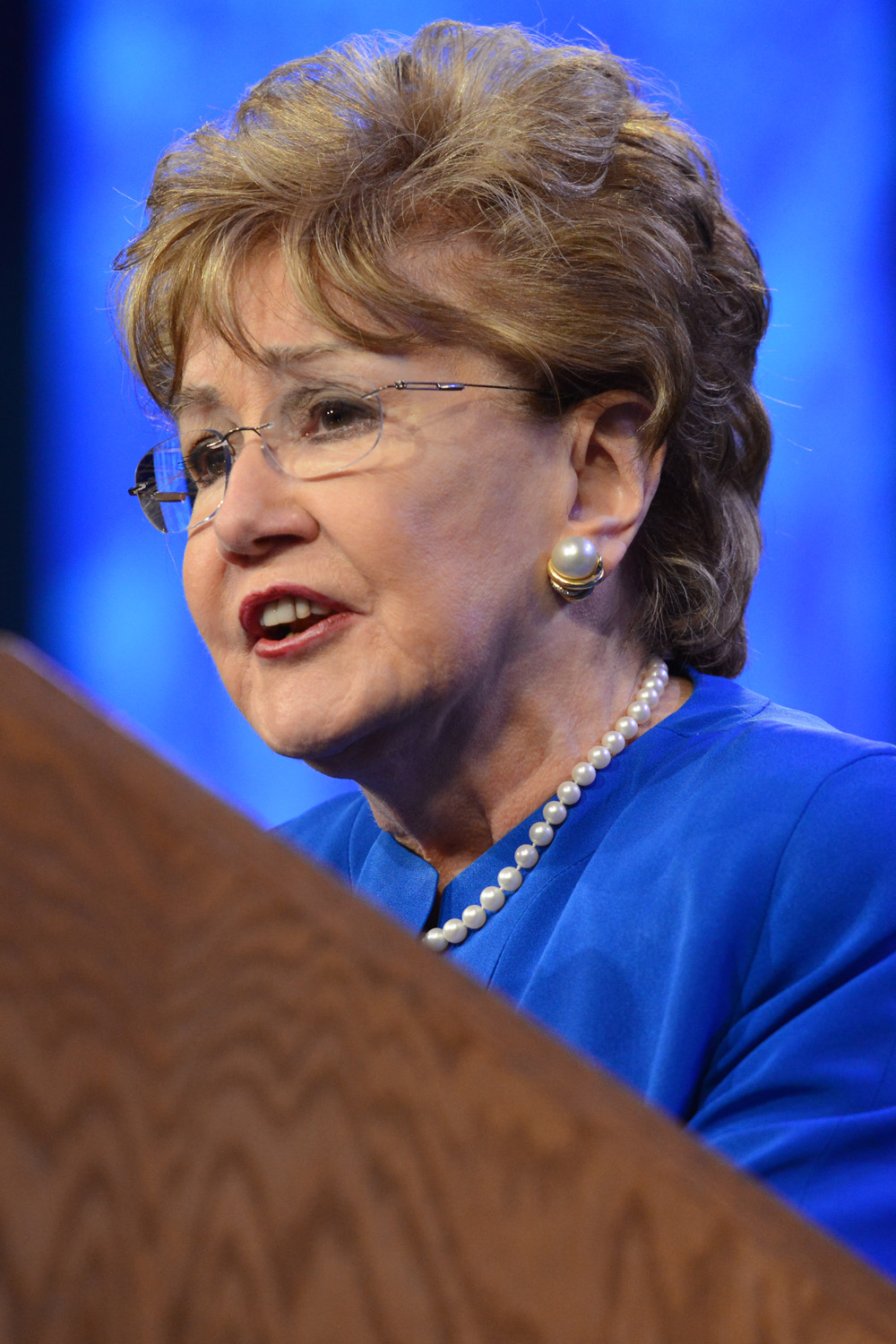
2017 - Dr. Apostolos P. Georgopoulos
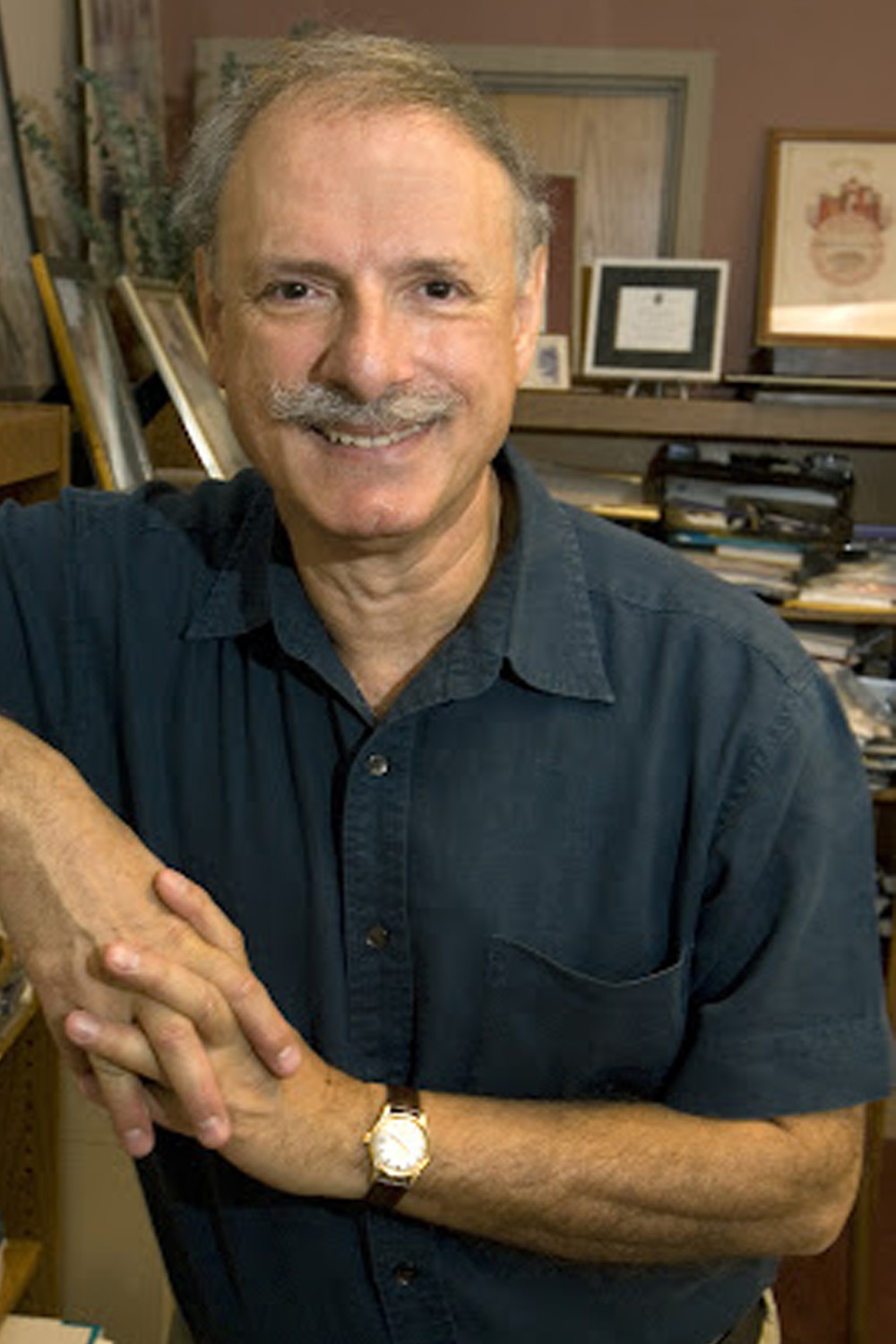
2016 - U.S. Army 3rd U.S. Infantry Regiment

2015 - Chuck Hagel

2014 - Dr. Donald H. Jenkins

2013 - Dallas Cowboys Cheerleaders

2012 - Sen. Richard Lugar

2011 - Chet Edwards

2010 - Boy Scouts of America

2009 - Gen. David Petraeus

2008 - President George W. Bush

2007 - Dr. Kenneth W. Kizer

2006 - Maj. Gen. Patrick H. Brady

2005 - Gen. Richard B. Myers

2003 - Drs. Jeanne Mager Stellman and Steven Stellman

2002 - Rep. Bob Stump

2001 - Gen. Henry H. Shelton

2000 - Sen. Orrin Hatch

1999 - Zachary Fisher

1997, Sen. Robert J. Dole

1996 - Rep. G.V. "Sonny" Montgomery

1995 - Crew of the Enola Gay

1994 - Walter Annenberg

1993 - Gen. Colin Powell

1992 - Richard Thornburgh

1991 - President George H.W. Bush

1990 - Dr. Michael E. DeBakey

1989 - Howard H. Baker Jr.

1988 - Douglas Edwards

1987 - William H. Webster

1986 - Caspar W. Weinberger

1985 - Fleet Adm. William F. Halsey Jr.

1984 - Sen. J. Strom Thurmond

1983 - Adm. Hyman C. Rickover

1982 - President Ronald W. Reagan

1981 - American Space Shuttle Astronauts John Young and Robert Crippen

1980 - Dead and Missing of the Vietnam War

1980 - President Gerald R. Ford
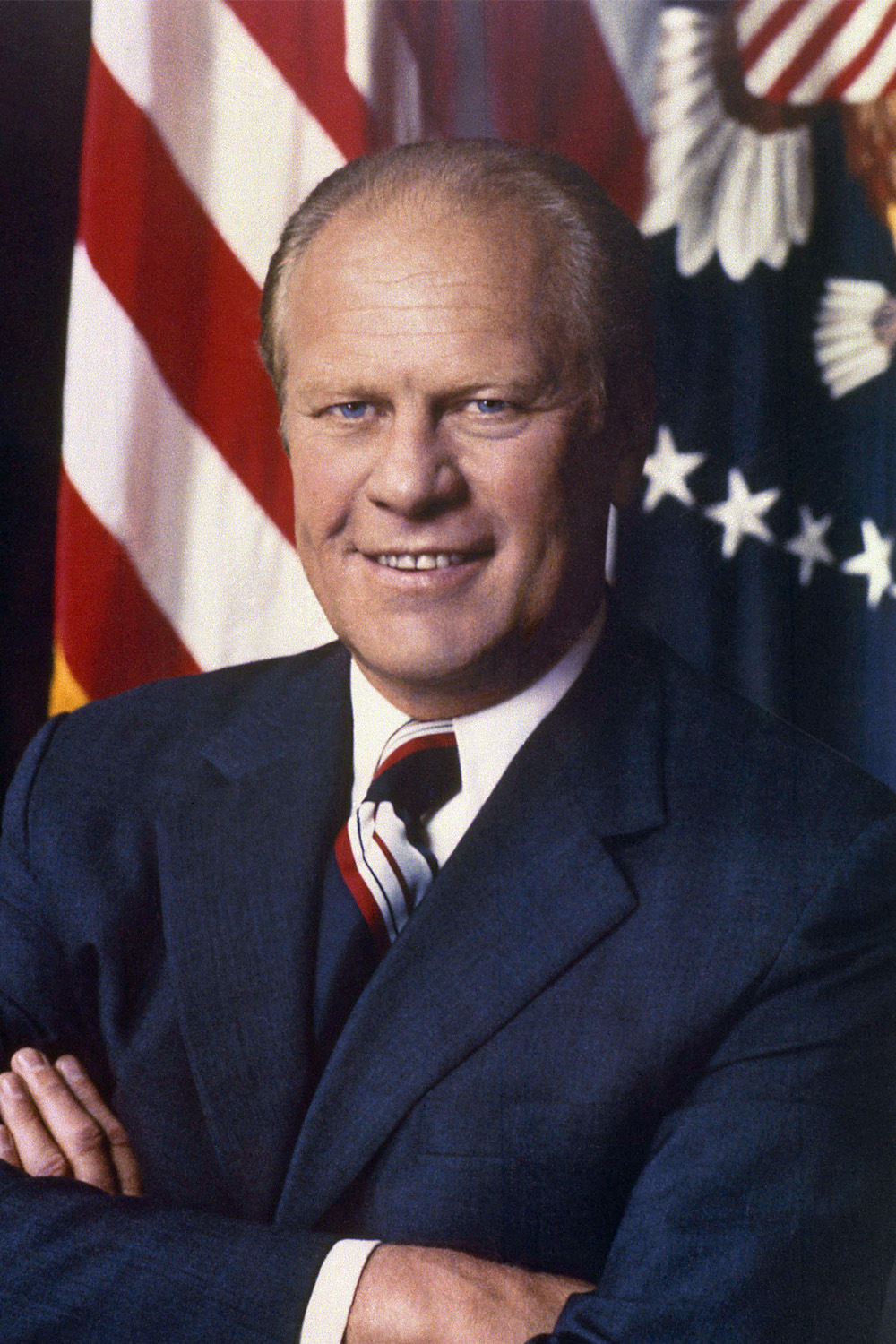
1979 - Thomas A. Murphy

1978 - Bowie K. Kuhn

1977 - Dr. Howard A. Rusk

1976 - Pat O'Brien

1975 - Harry W. Colmery

1974 - Henry A. Kissinger

1974 - Rep. F. Edward Hebert

1972 - DeWitt Wallace

1972 - Sen. John C. Stennis
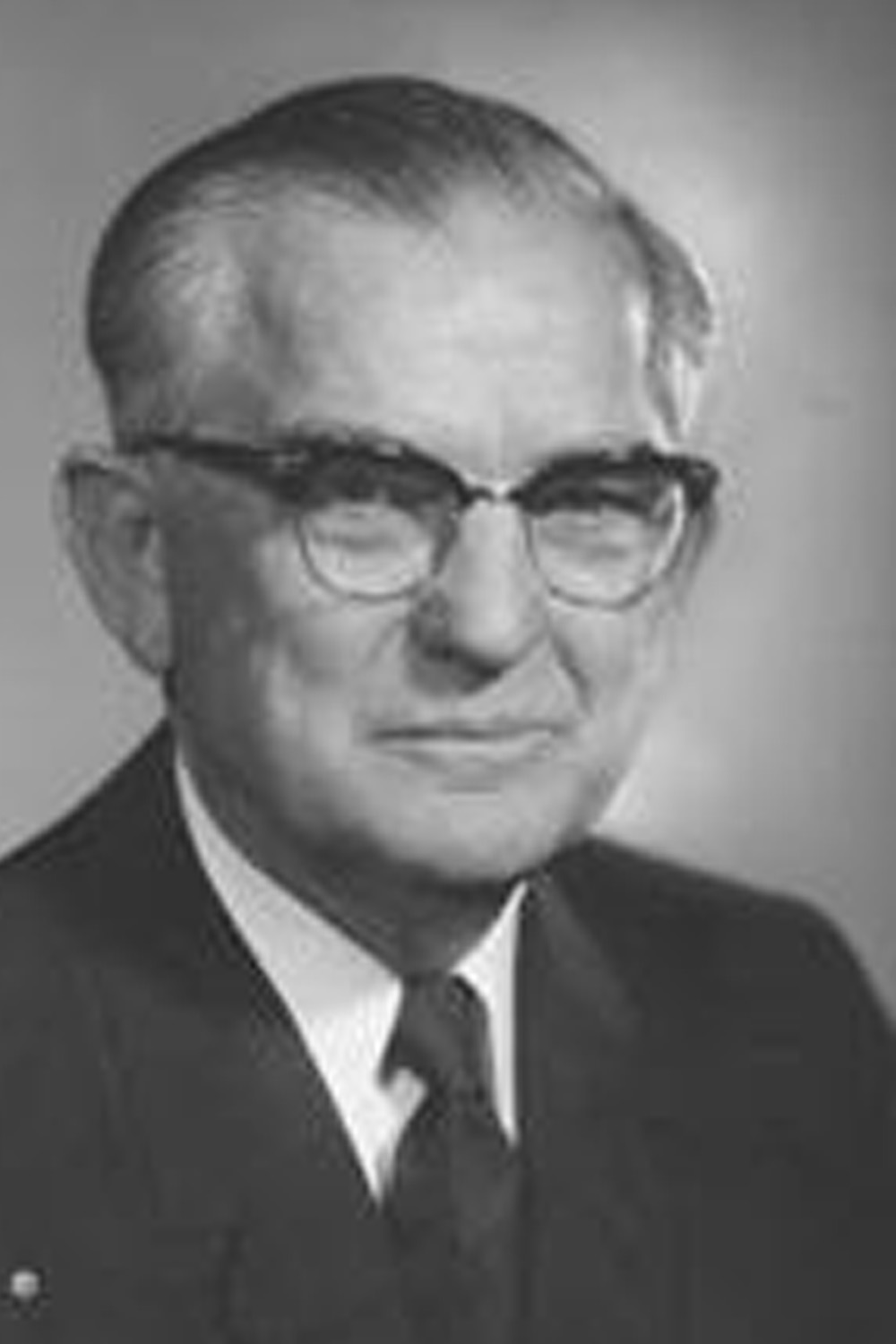
1971 - Rep. L. Mendel Rivers

1971 - Sen. Richard B. Russell
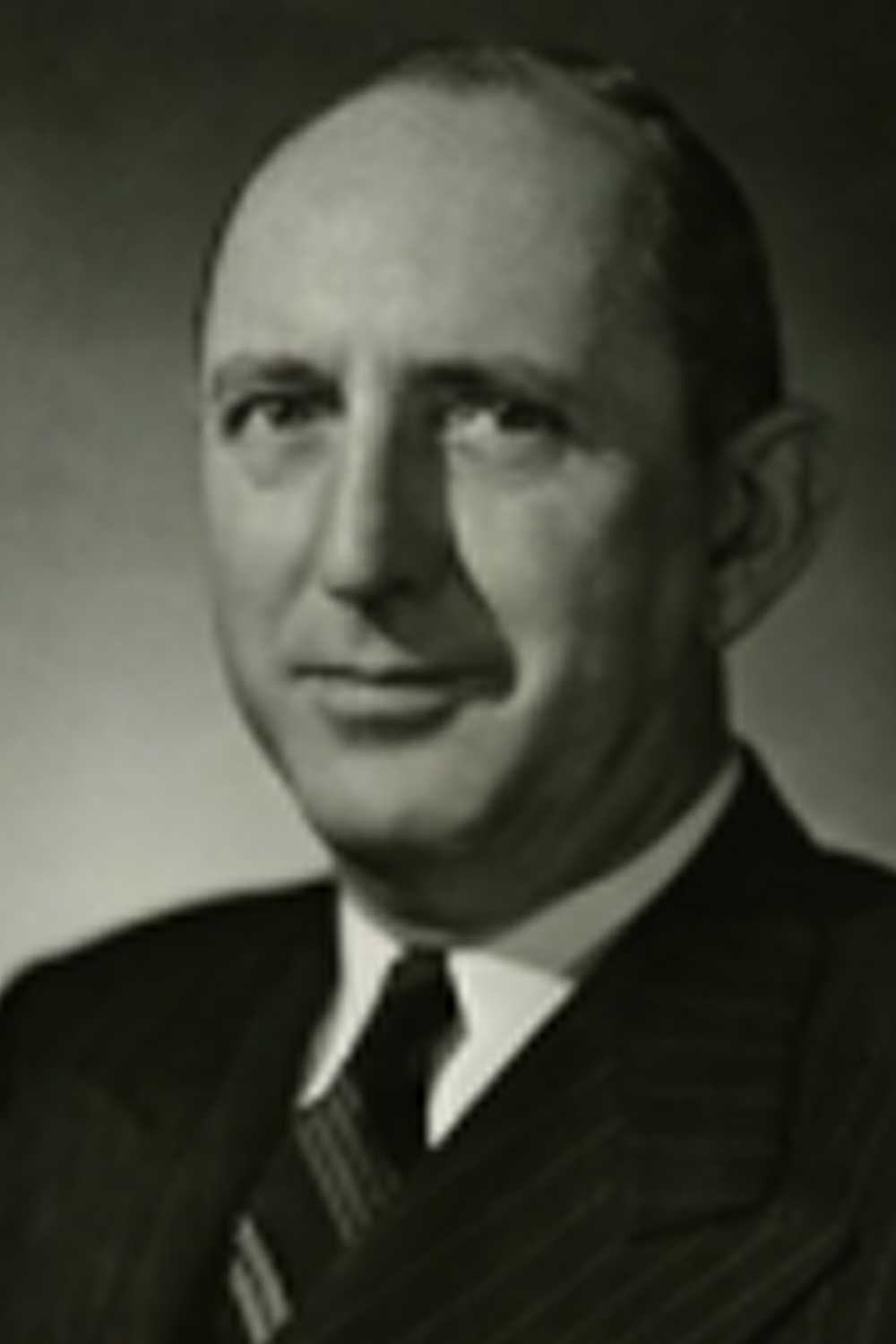
1970 - Rep. Olin E. Teague

1969 - President Richard M. Nixon

1968 - Gen. William C. Westmoreland

1968 - President Lyndon B. Johnson

1967 - Tom C. Clark

1966 - Capt. Roger H.C. Donlon

1965 - James F. Byrnes

1965 - President Herbert C. Hoover
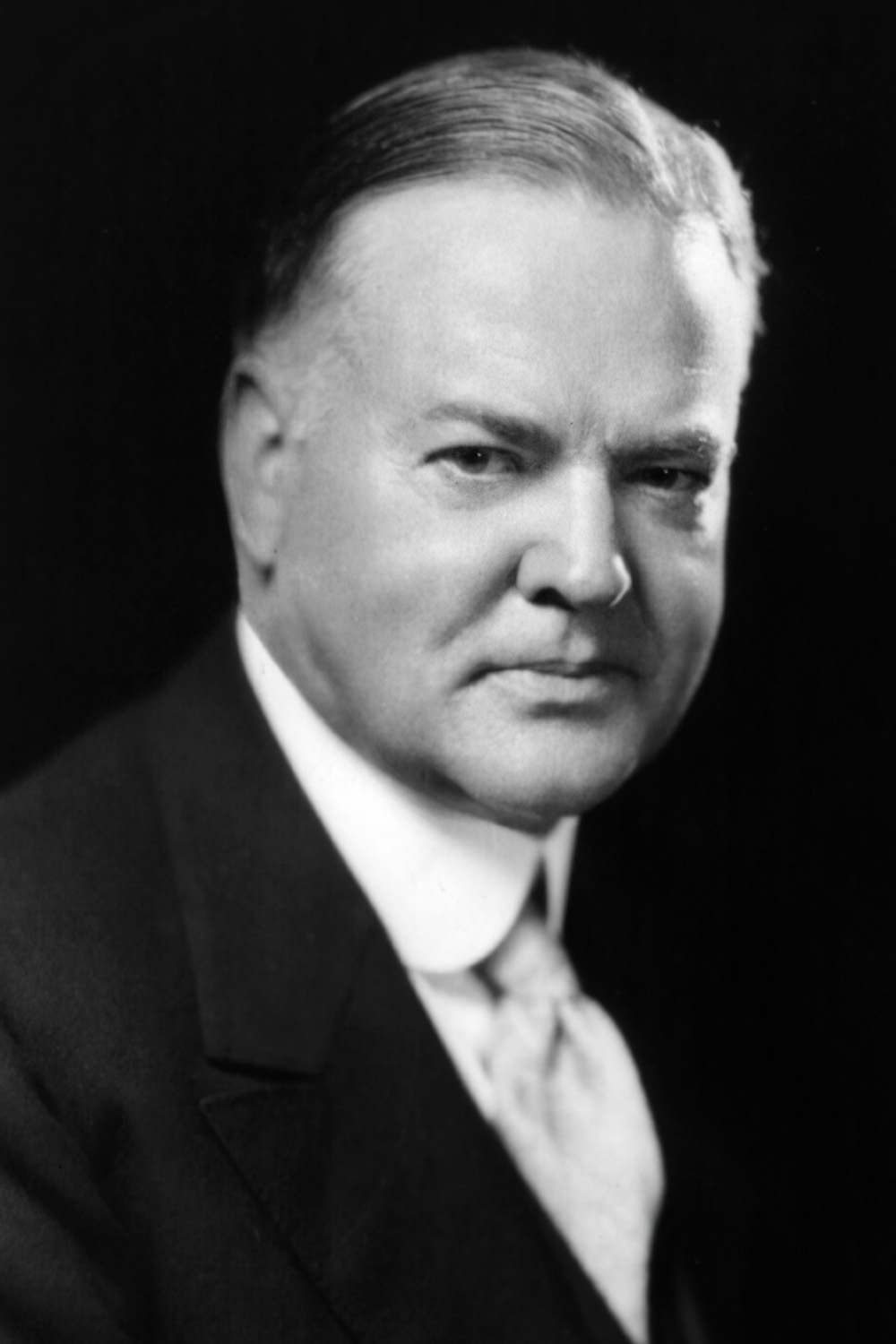
1964 - Dr. Charles W. Mayo
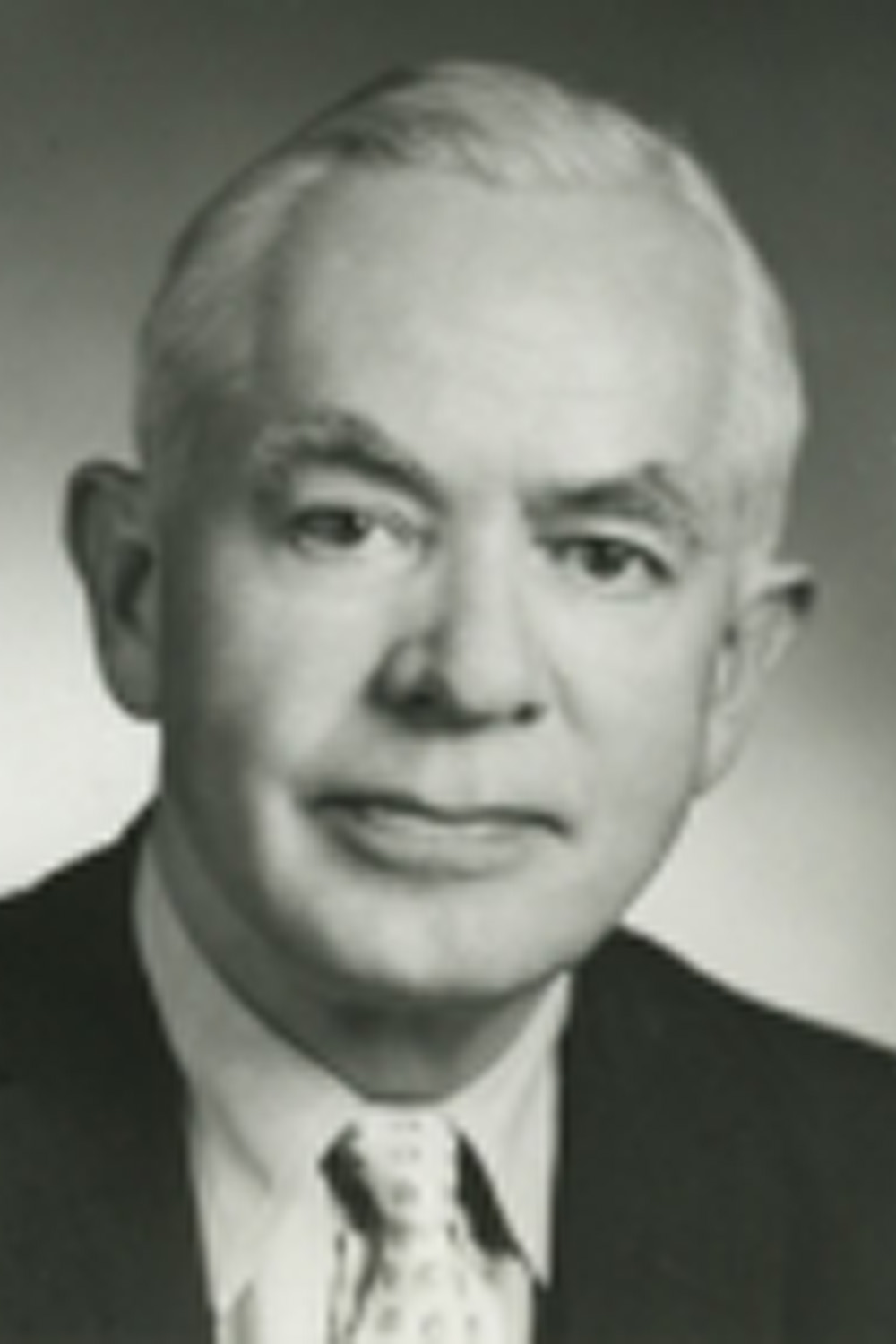
1963 - Cardinal Francis Spellman

1962 - Dr. Thomas A. Dooley

1962 - Gen. Lucius D. Clay
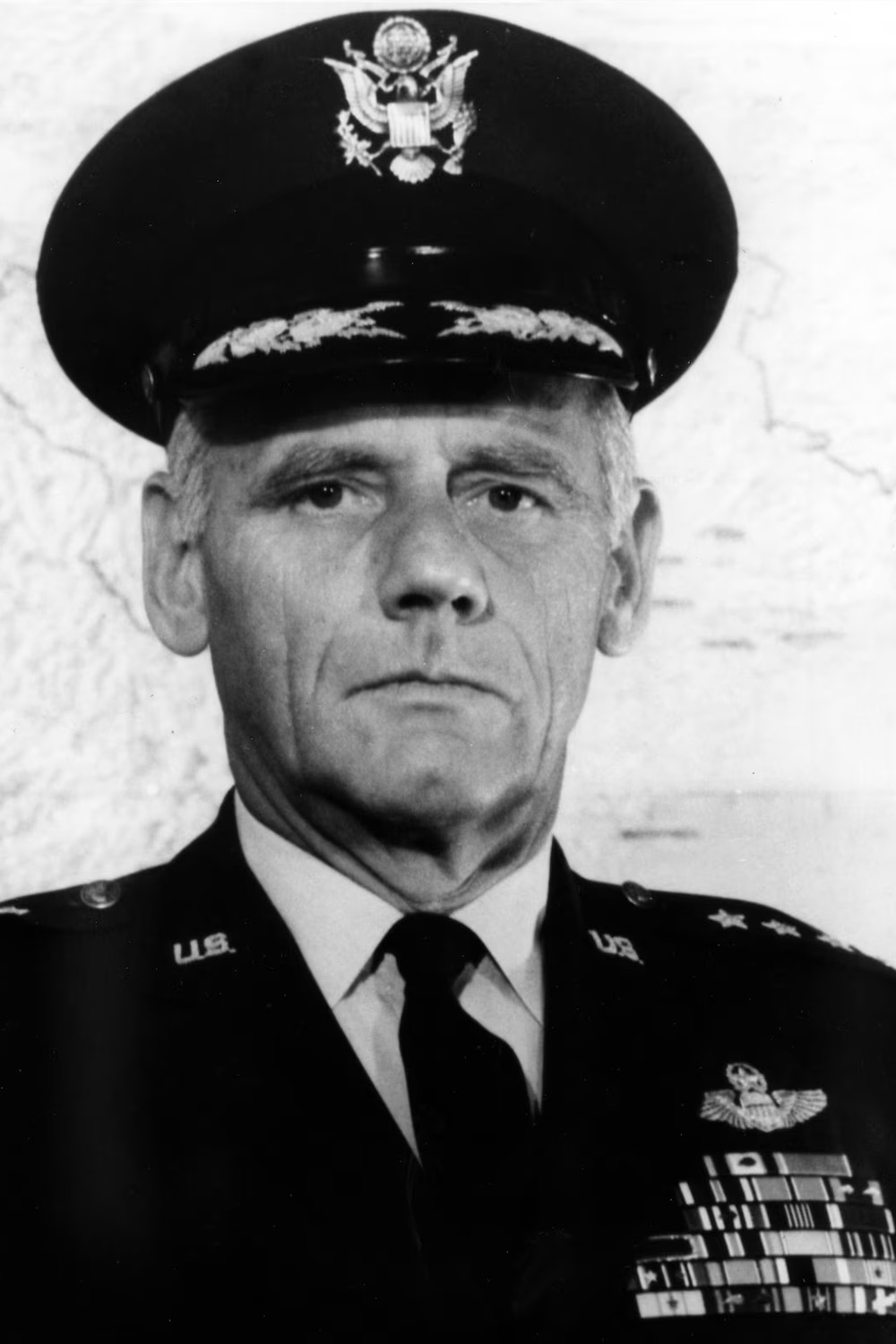
1961 - President John F. Kennedy

1959 - Sen. Robert S. Kerr

1958 - Bernard Mannes Baruch

1958 - Unknown Servicemen of World War I, World War II and Korea
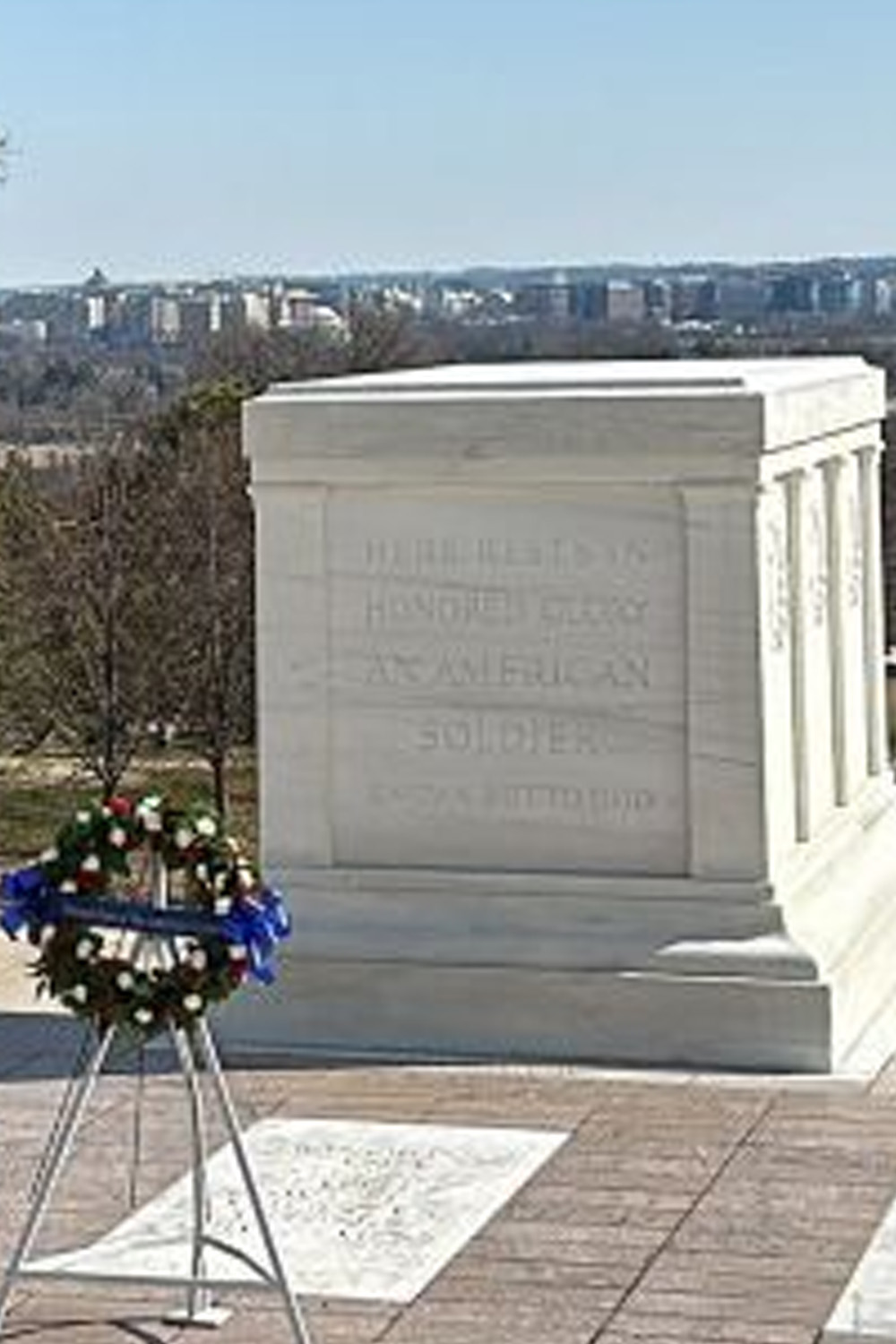
1957 - Bishop Fulton J. Sheen
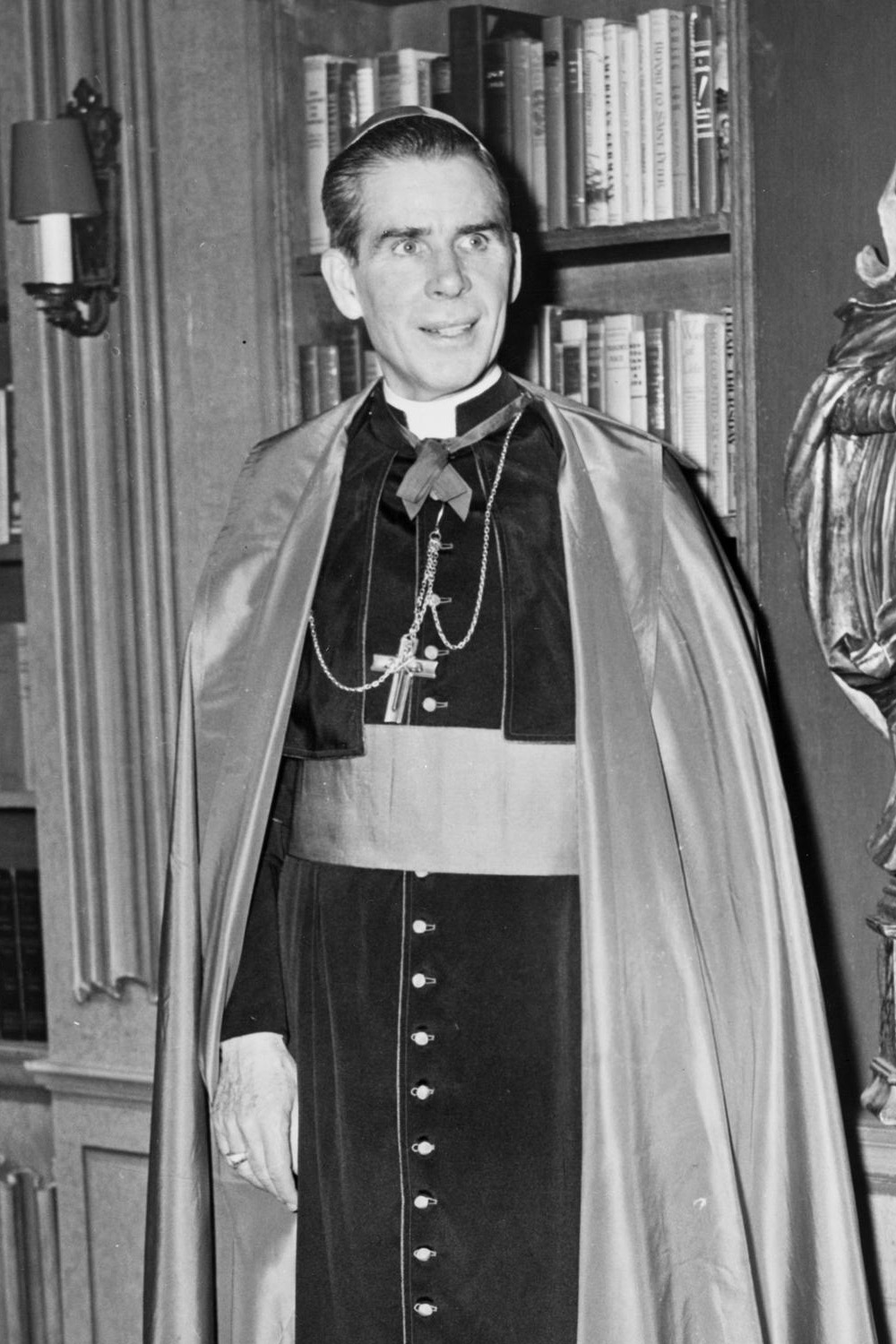
1957 - Gen. Mark W. Clark

1956 - Charles Stewart Mott

1956 - Vice Adm. Joel T. Boone
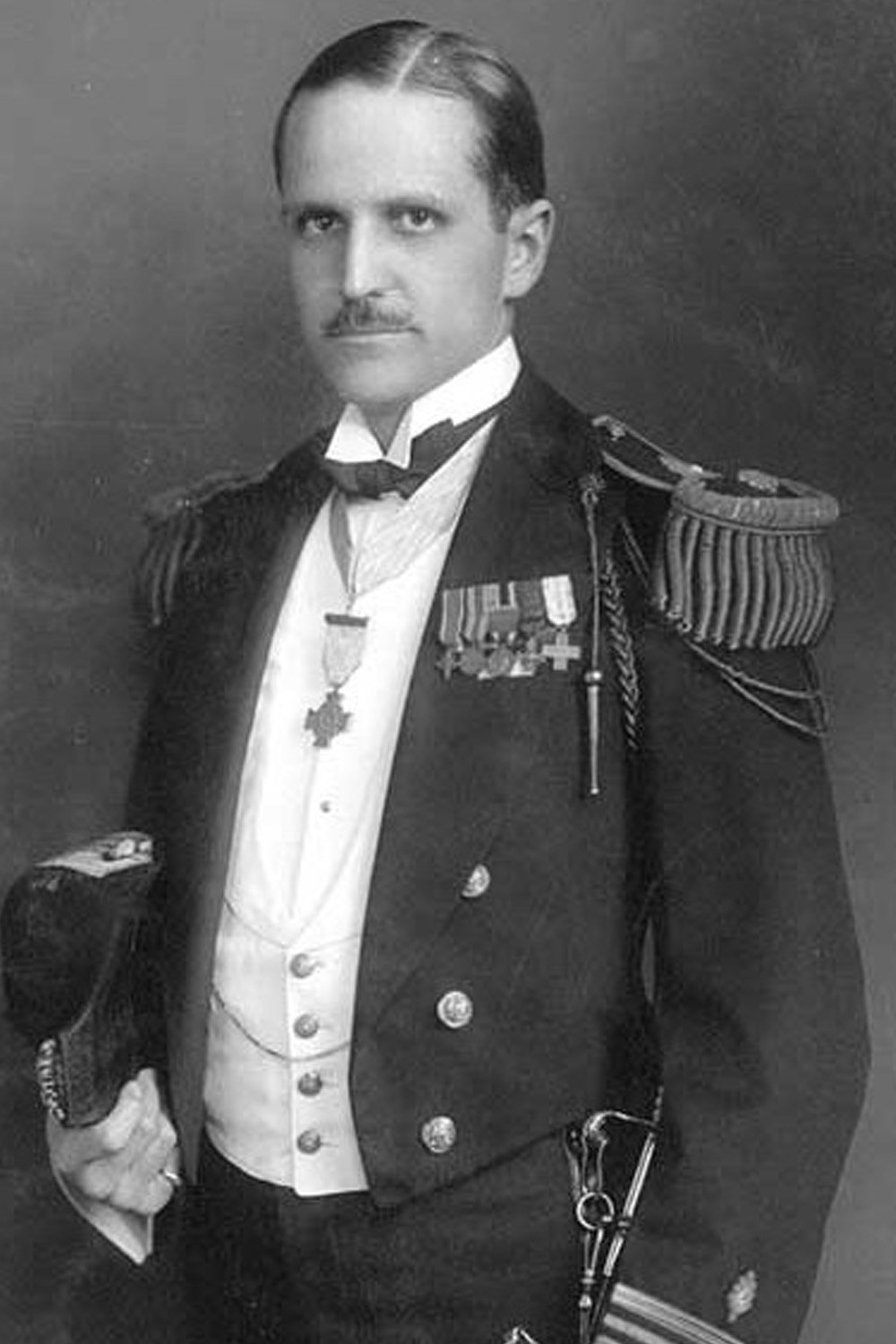
1955 - Dr. Jonas E. Salk

1955 - Maj. Gen. Ellard A. Walsh
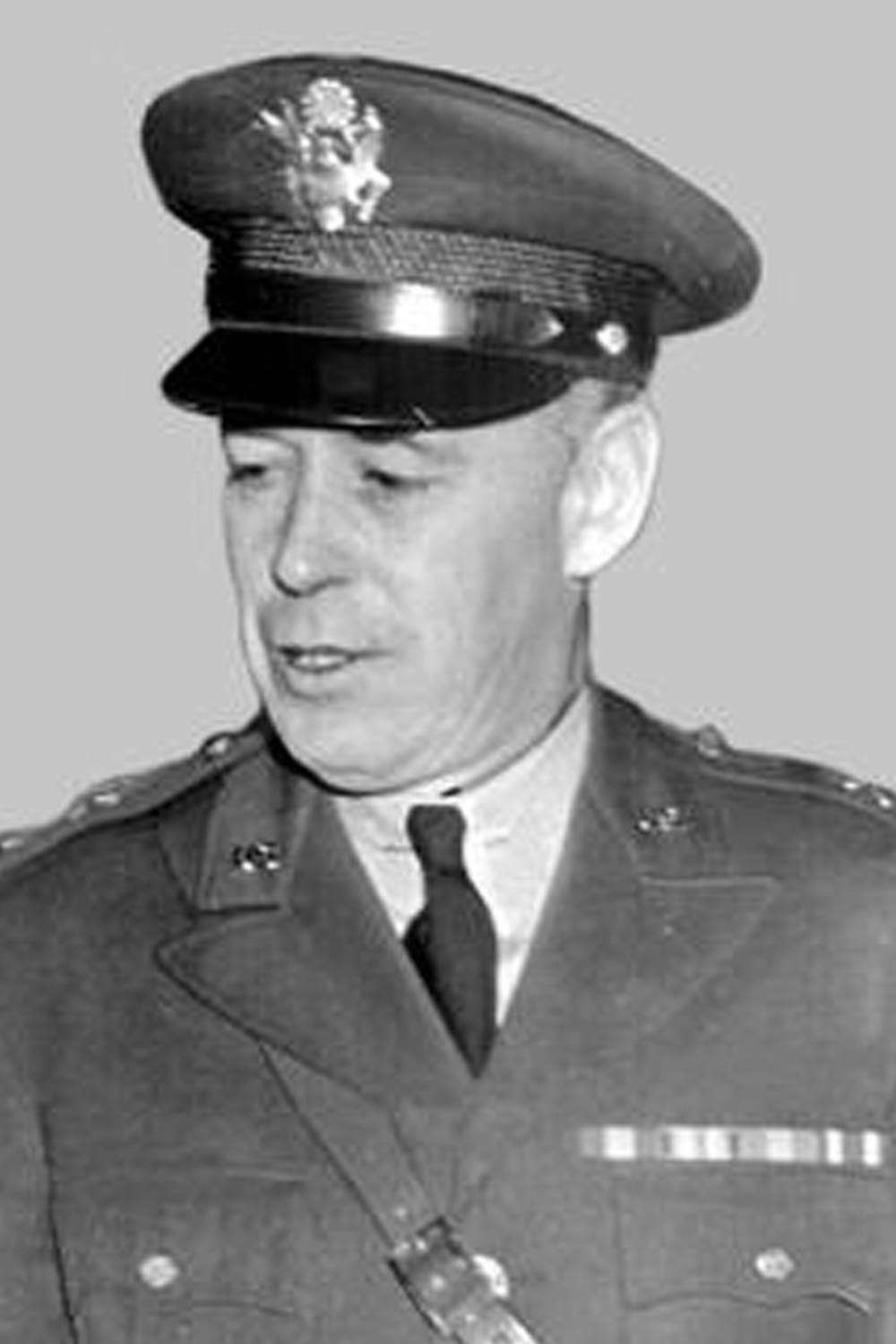
1954 - Maj. Gen. George A. White

1953 - Rep. Royal C. Johnson

1951 - Gen. Charles P. Summerall

1950 - Charles F. Johnson Jr.

1950 - Maj. Gen. Milton A. Reckord
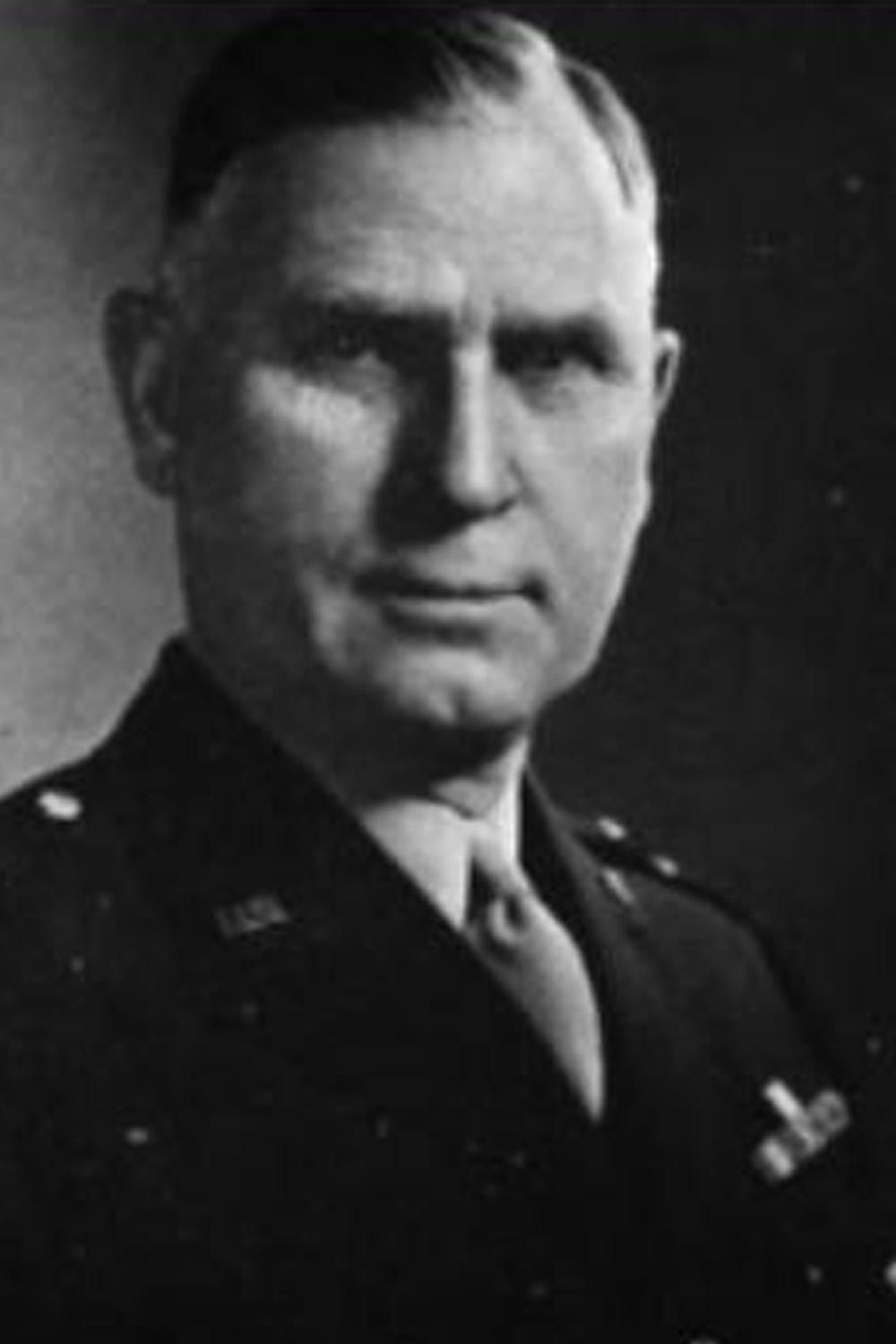
1950 - Rep. Edith Nourse Rogers
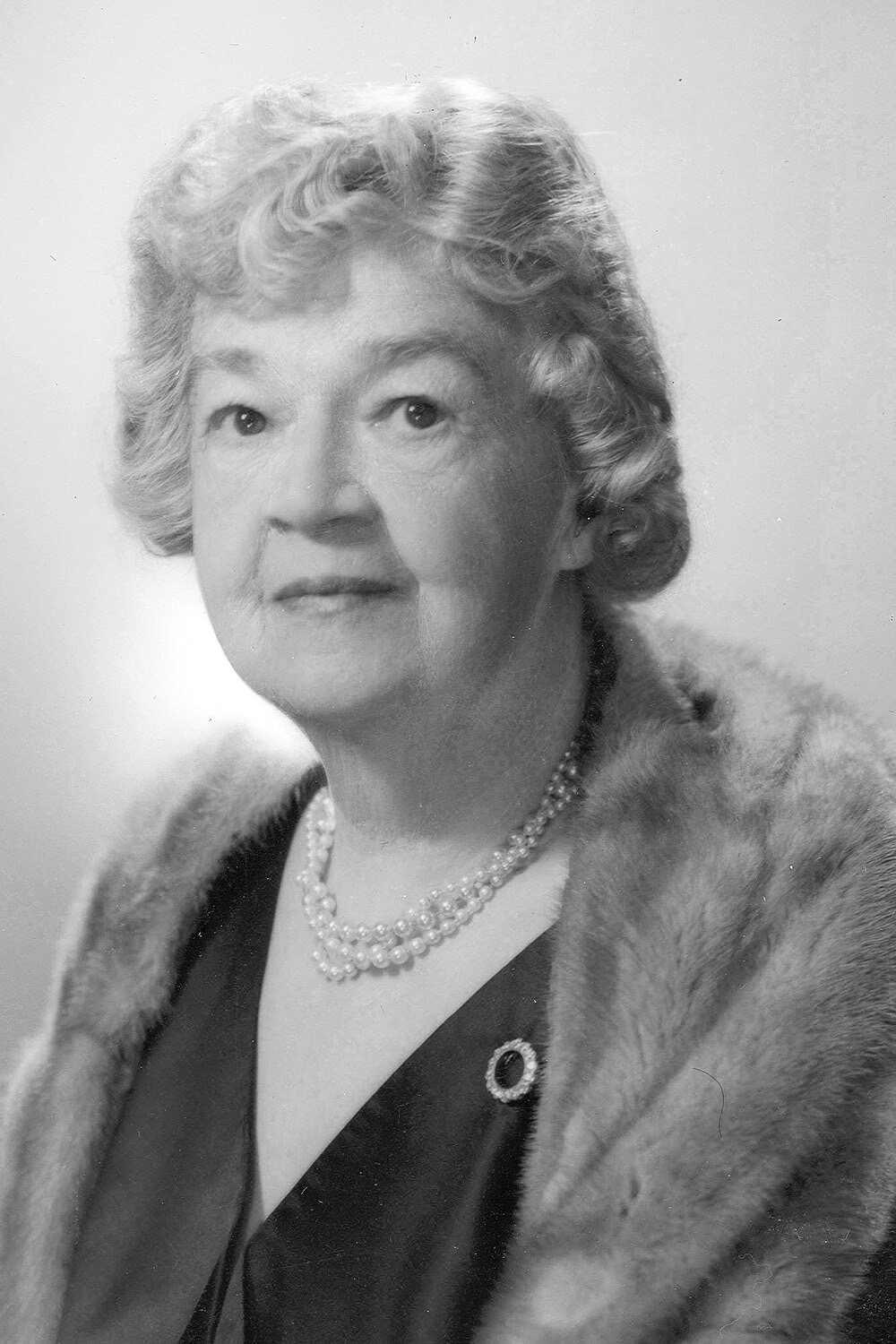
1949 - George Herman "Babe" Ruth

1949 - Maj. Gen. Frank Parker
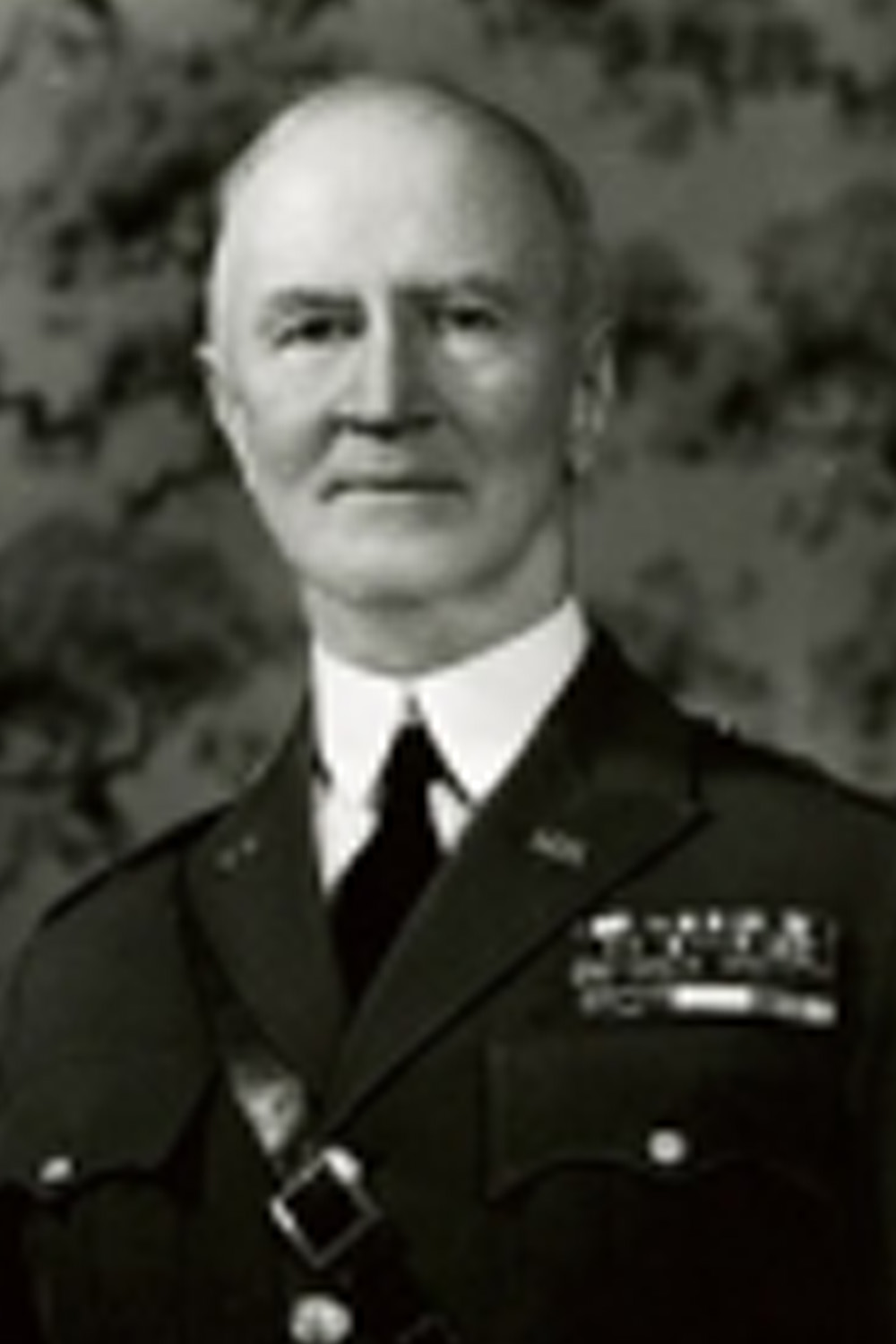
1949 - President Harry Truman
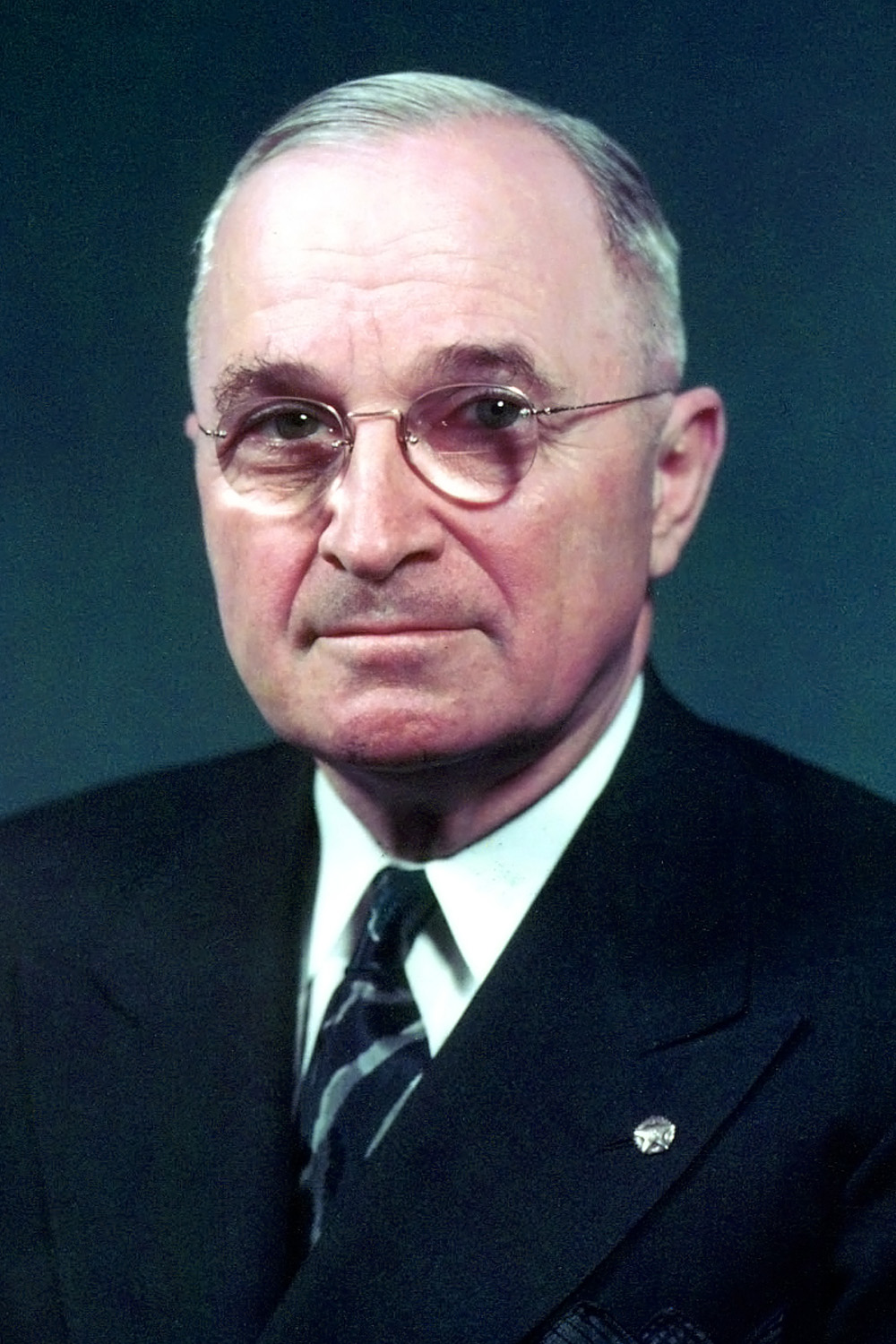
1947 - Chief Justice Fred M. Vinson

1947 - Lt. Gen. William S. Knudsen
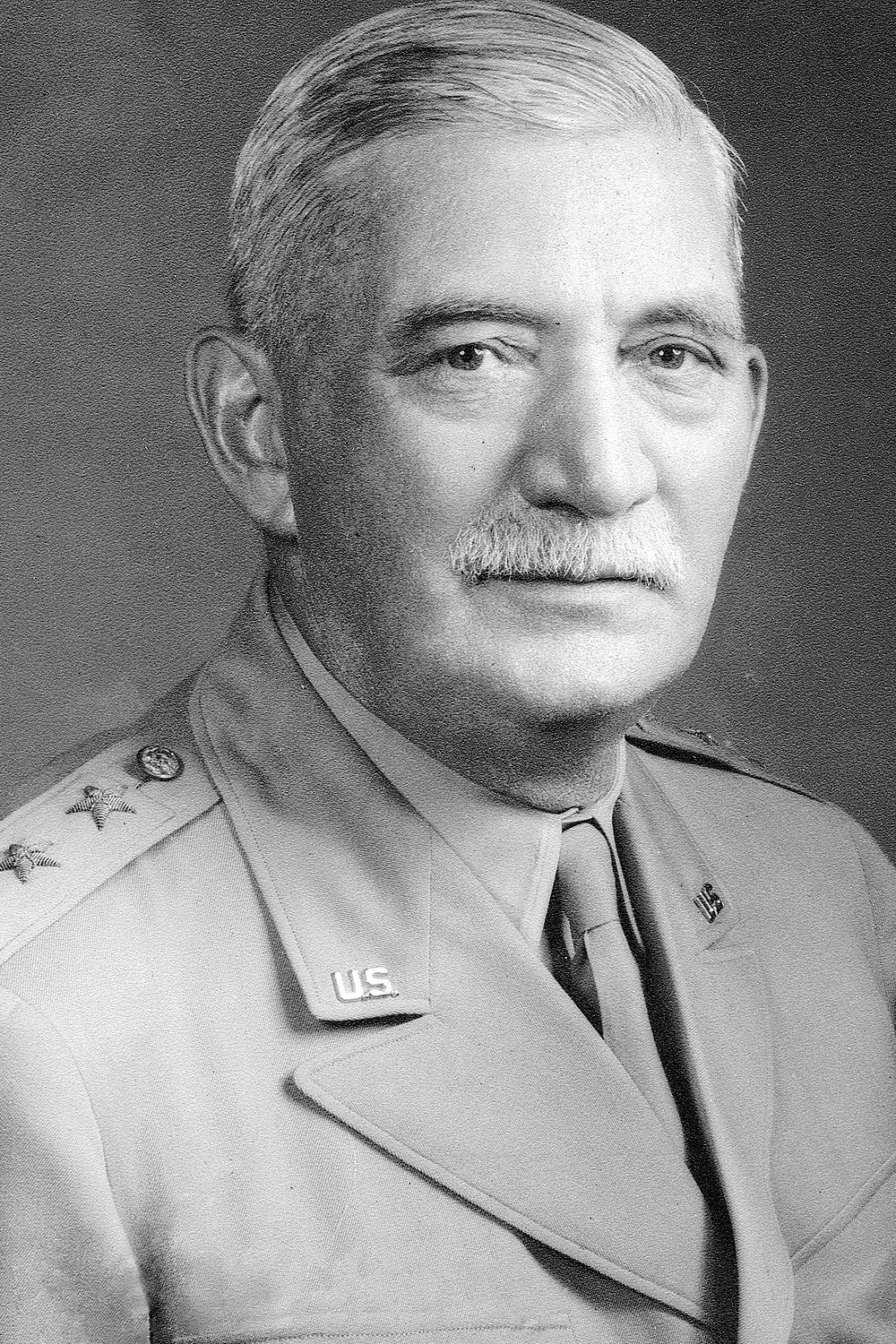
1947 - Sen. Edward Martin
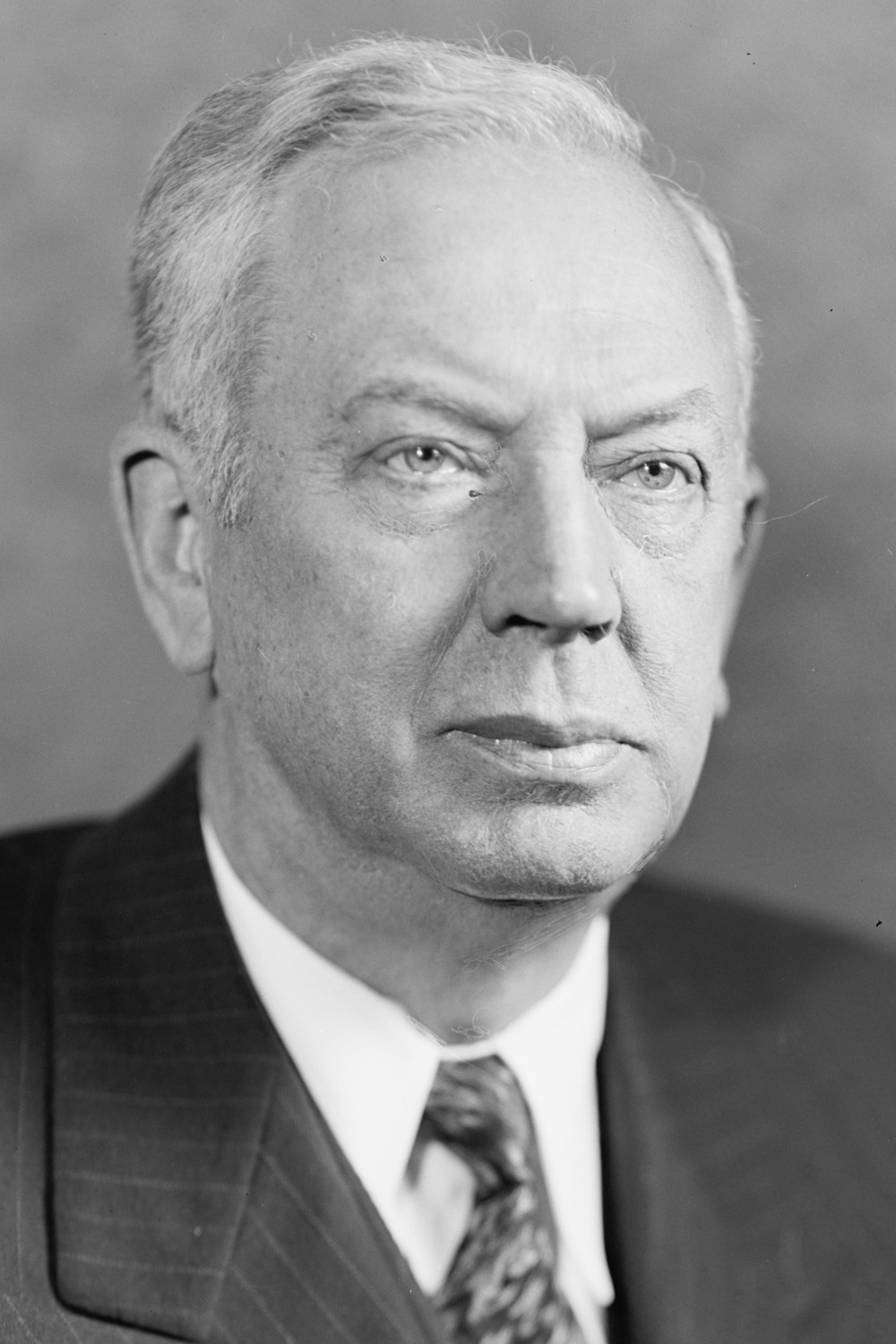
1946 - Bob Hope

1946 - Cordell Hull
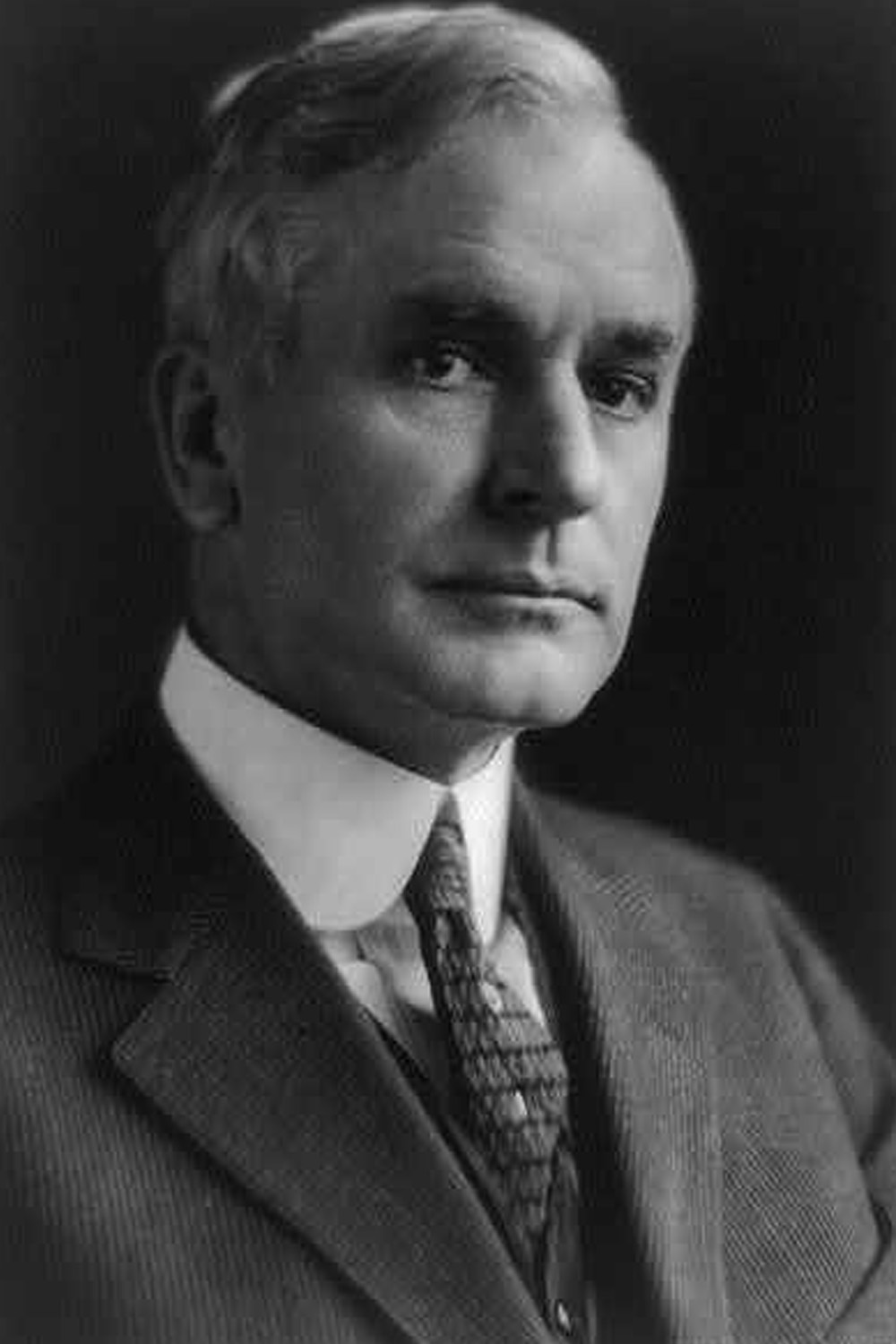
1946 - J. Edgar Hoover
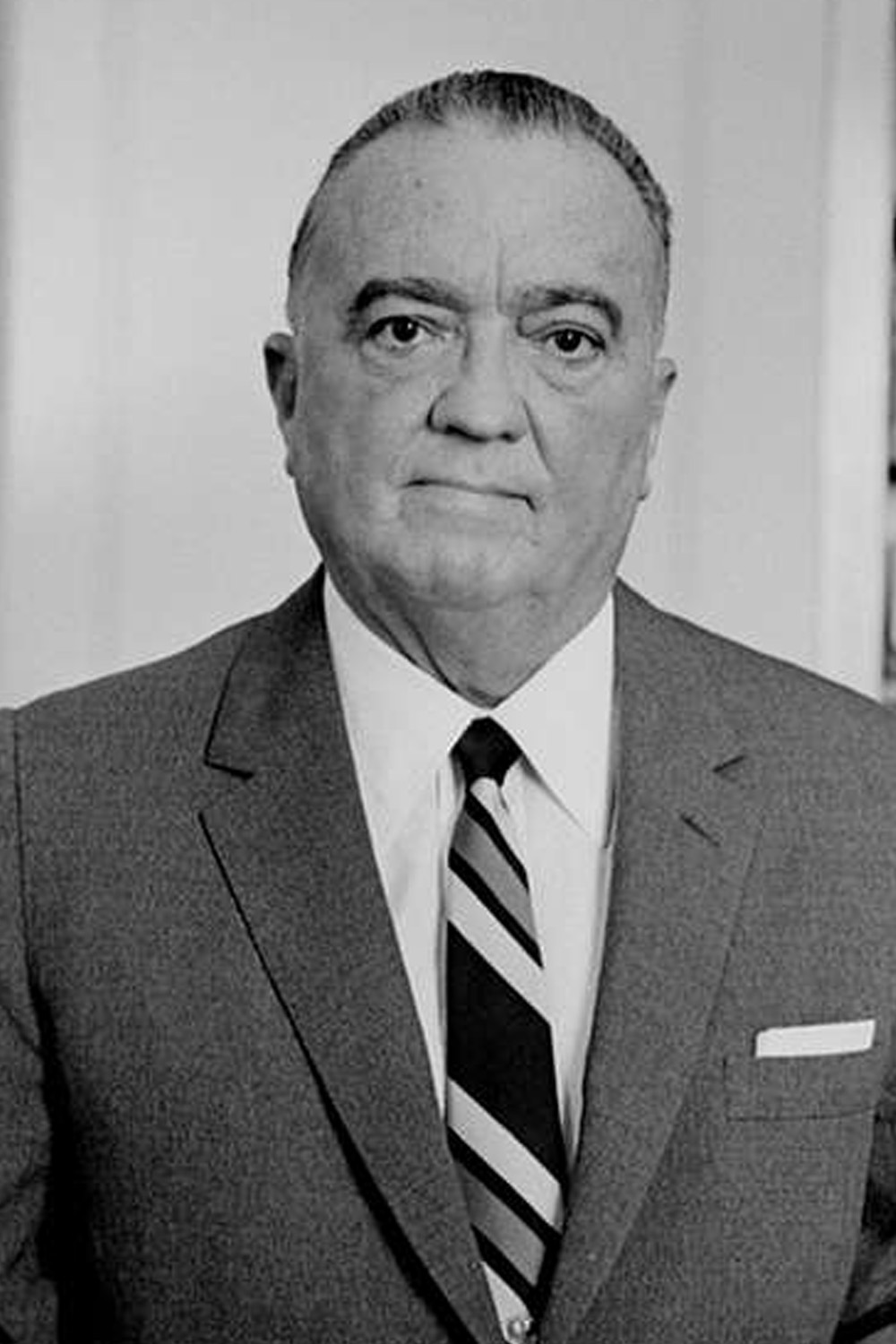
1946 - Maj. Gen. Lewis B. Hershey
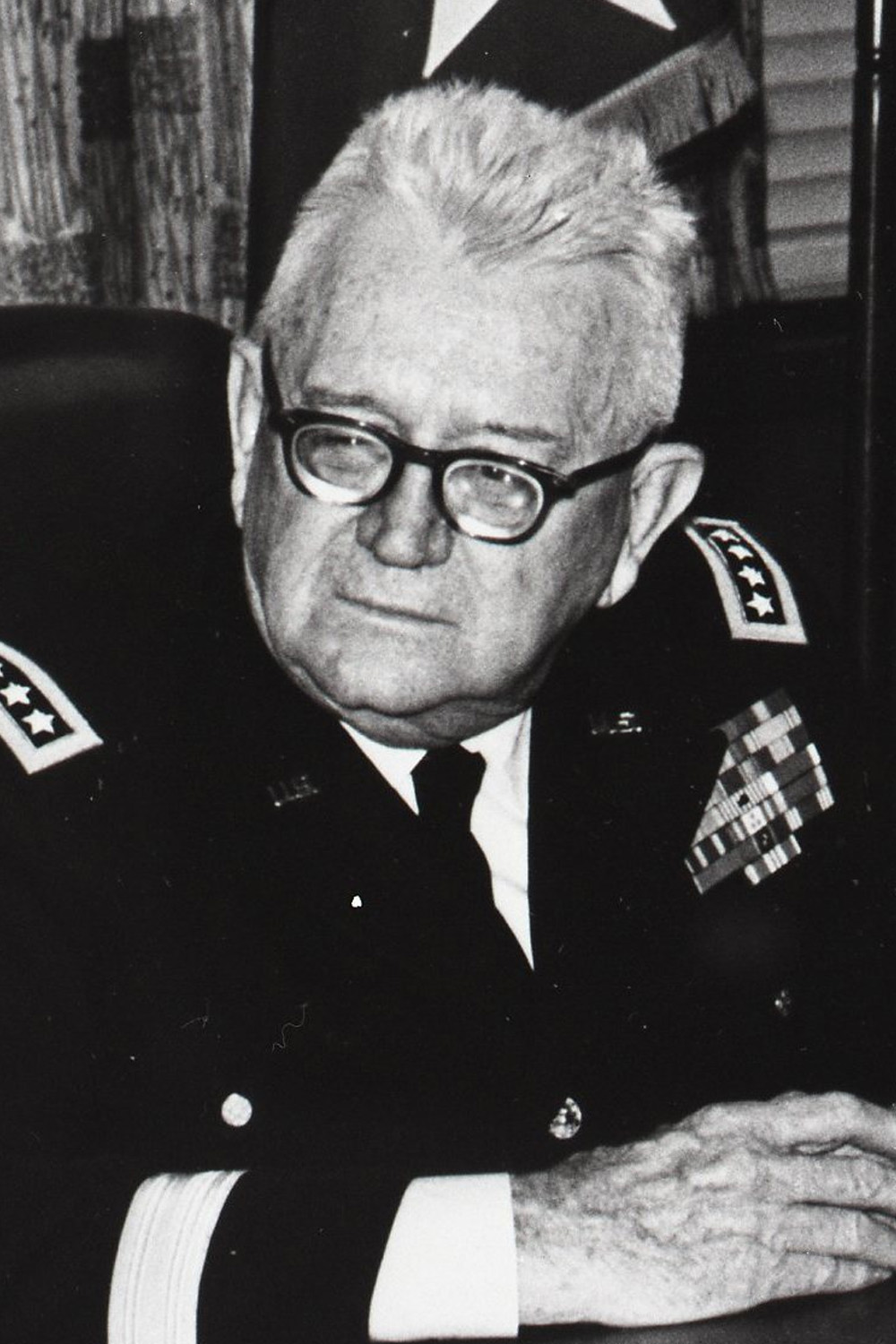
1946 - William Randolph Hearst
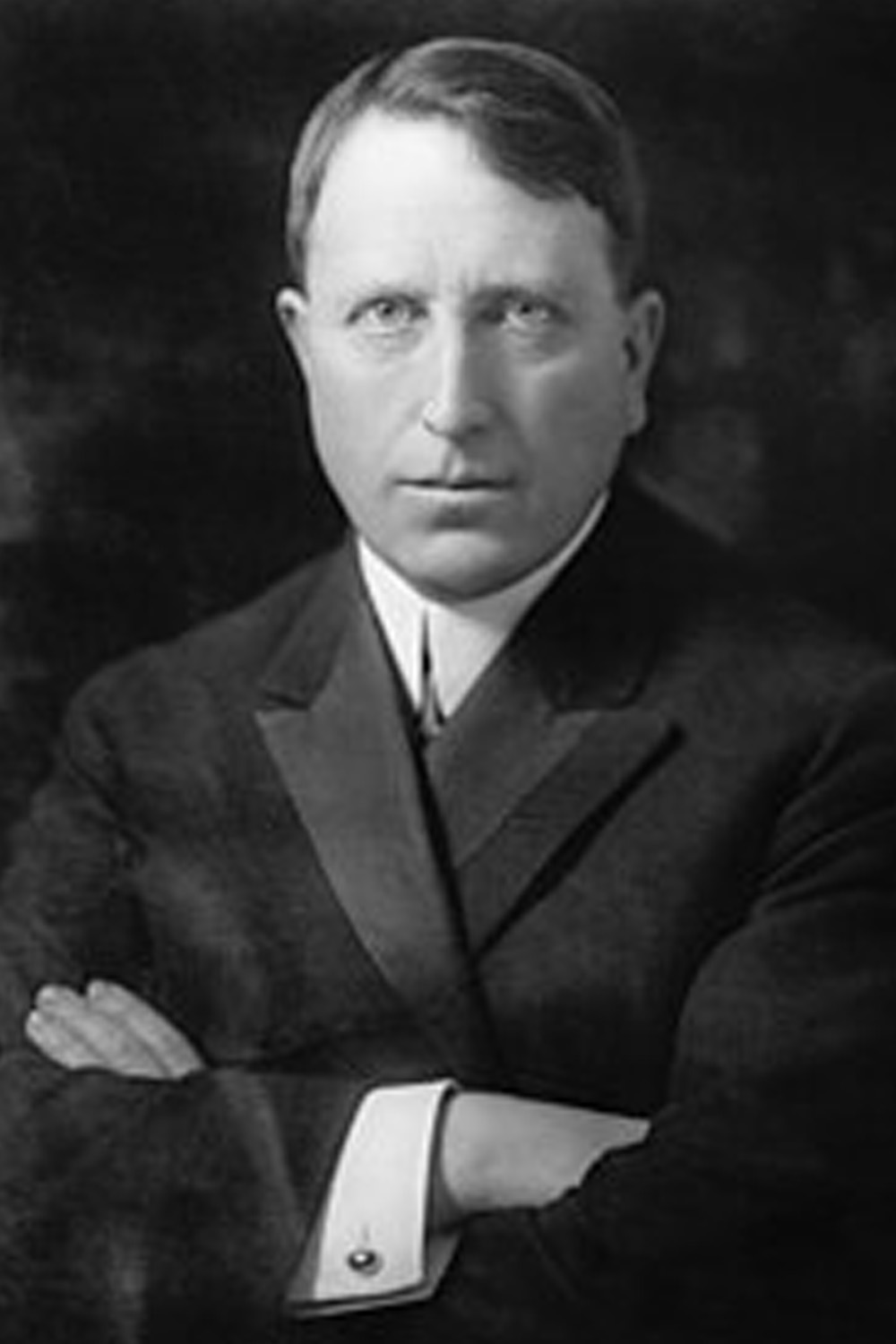
1945 - Ernie Pyle

1945 - Fleet Adm. Chester W. Nimitz
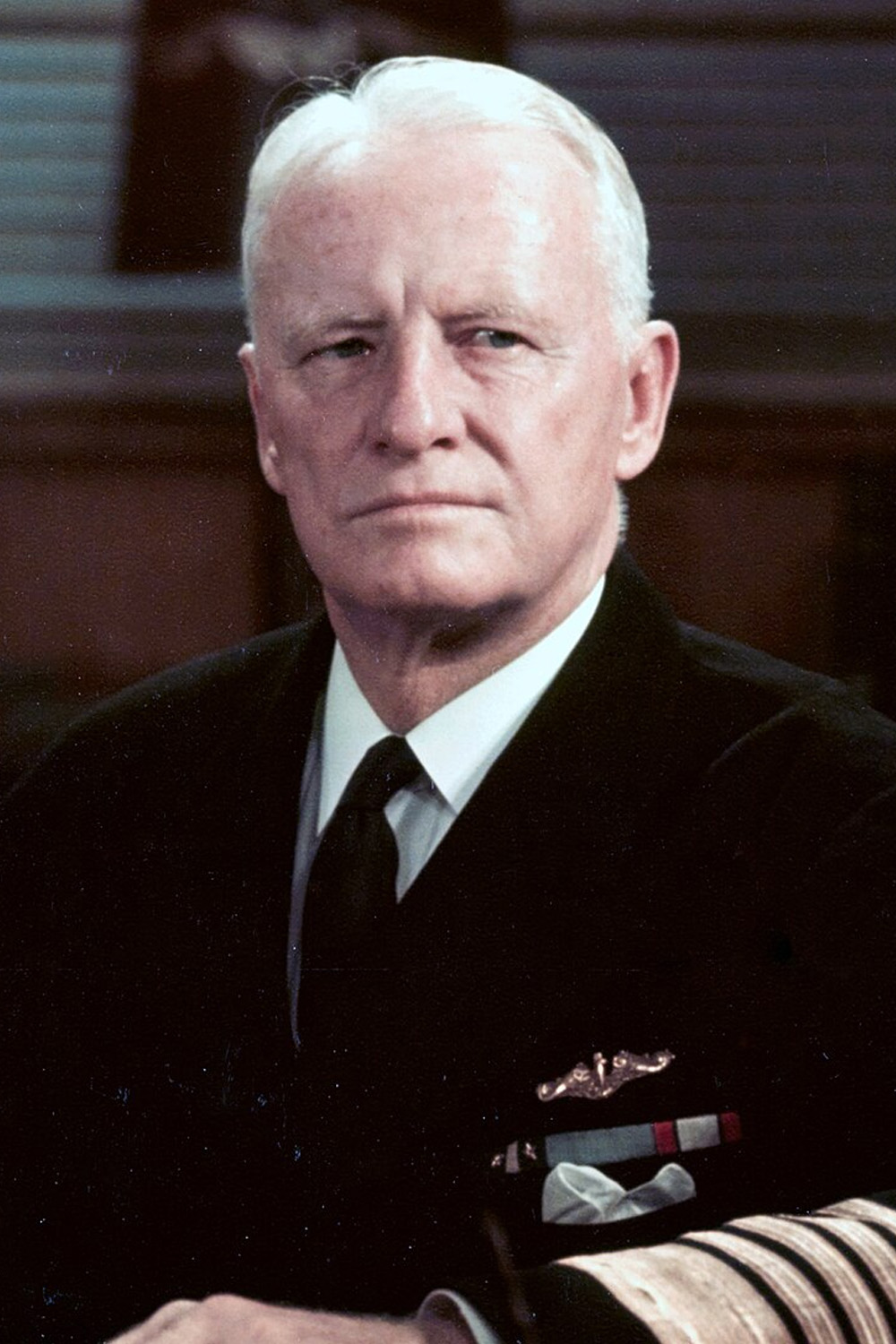
1945 - Gen. Dwight D. Eisenhower
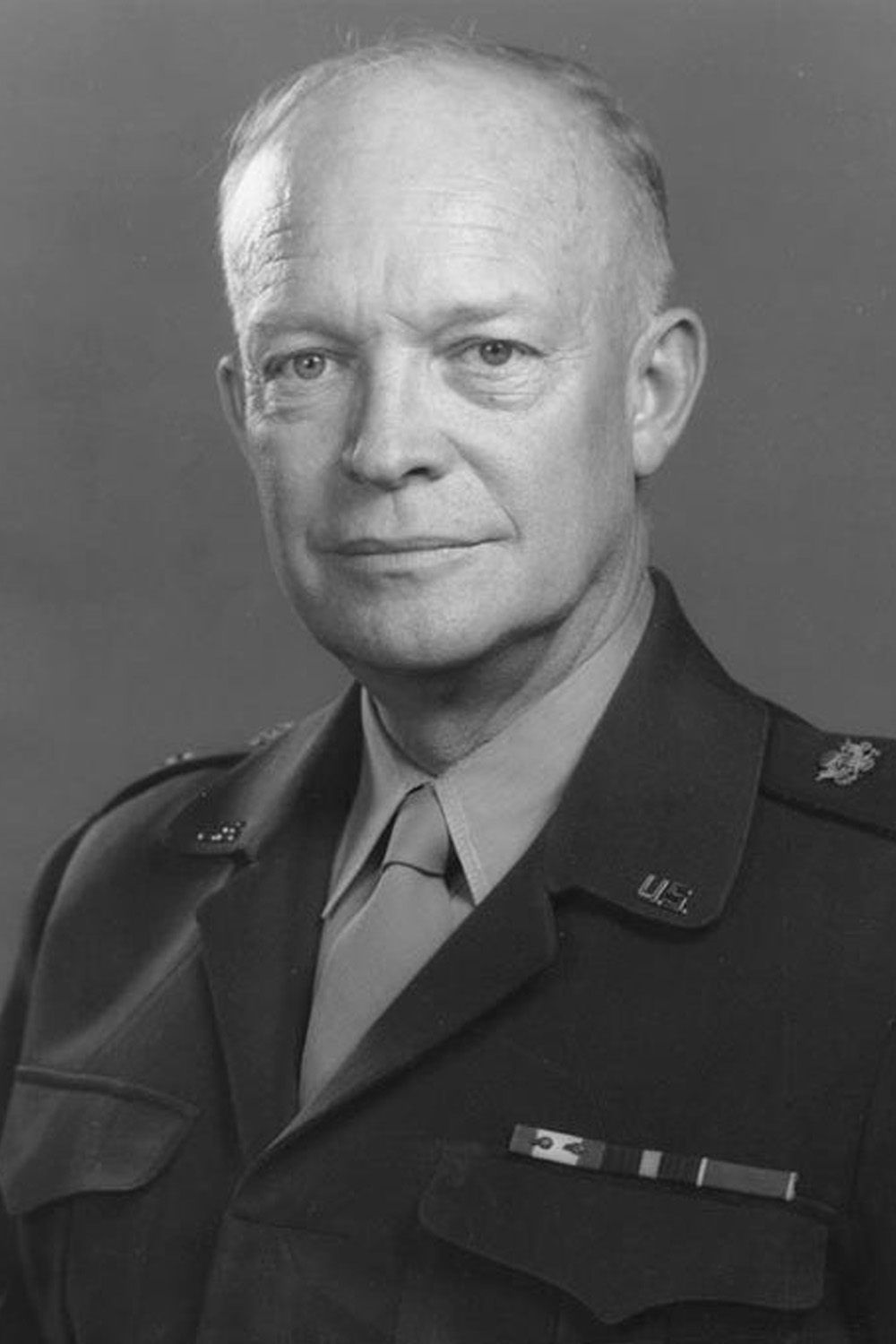
1945 - Gen. Theodore Roosevelt Jr.
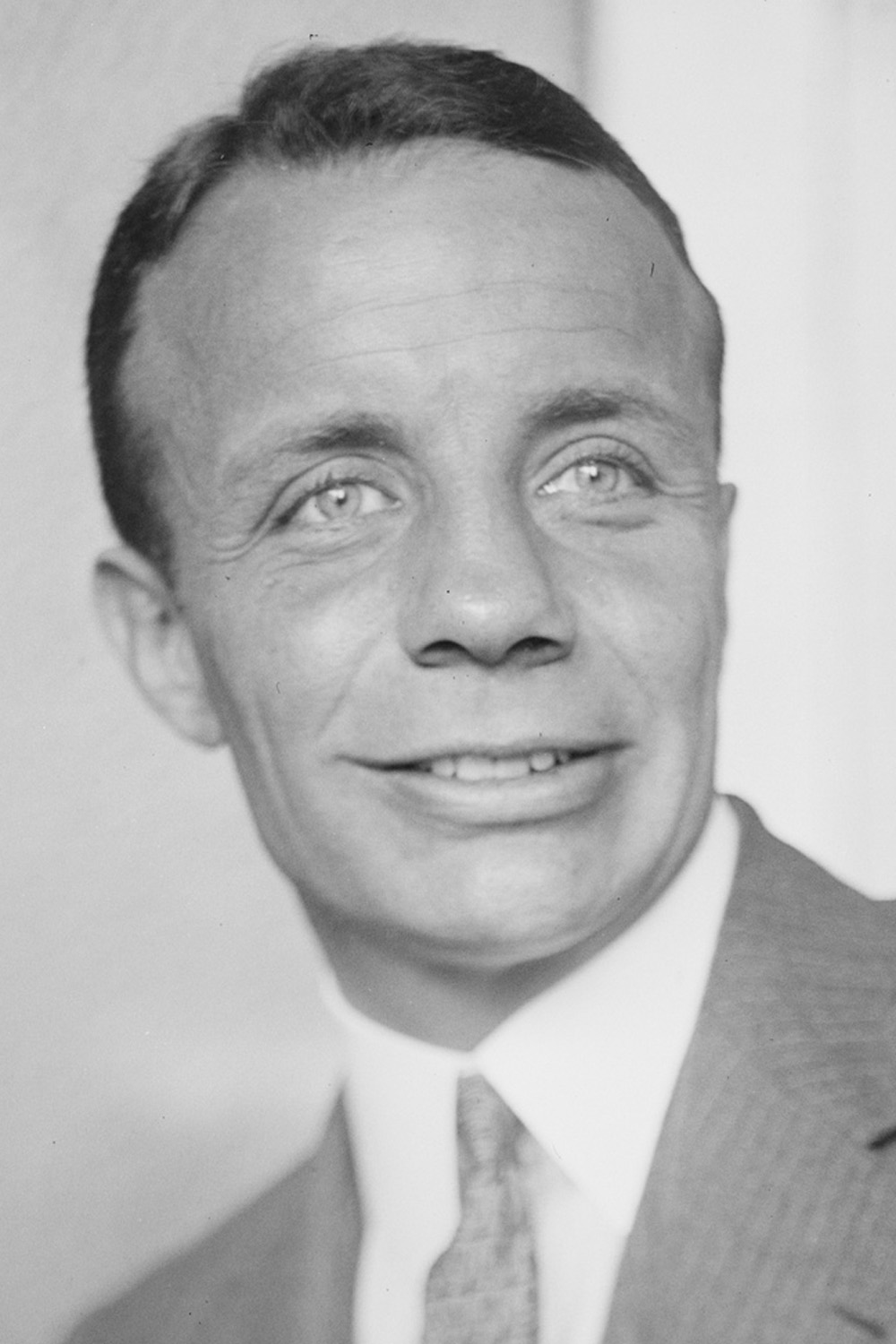
1945 - Henry L. Stimson
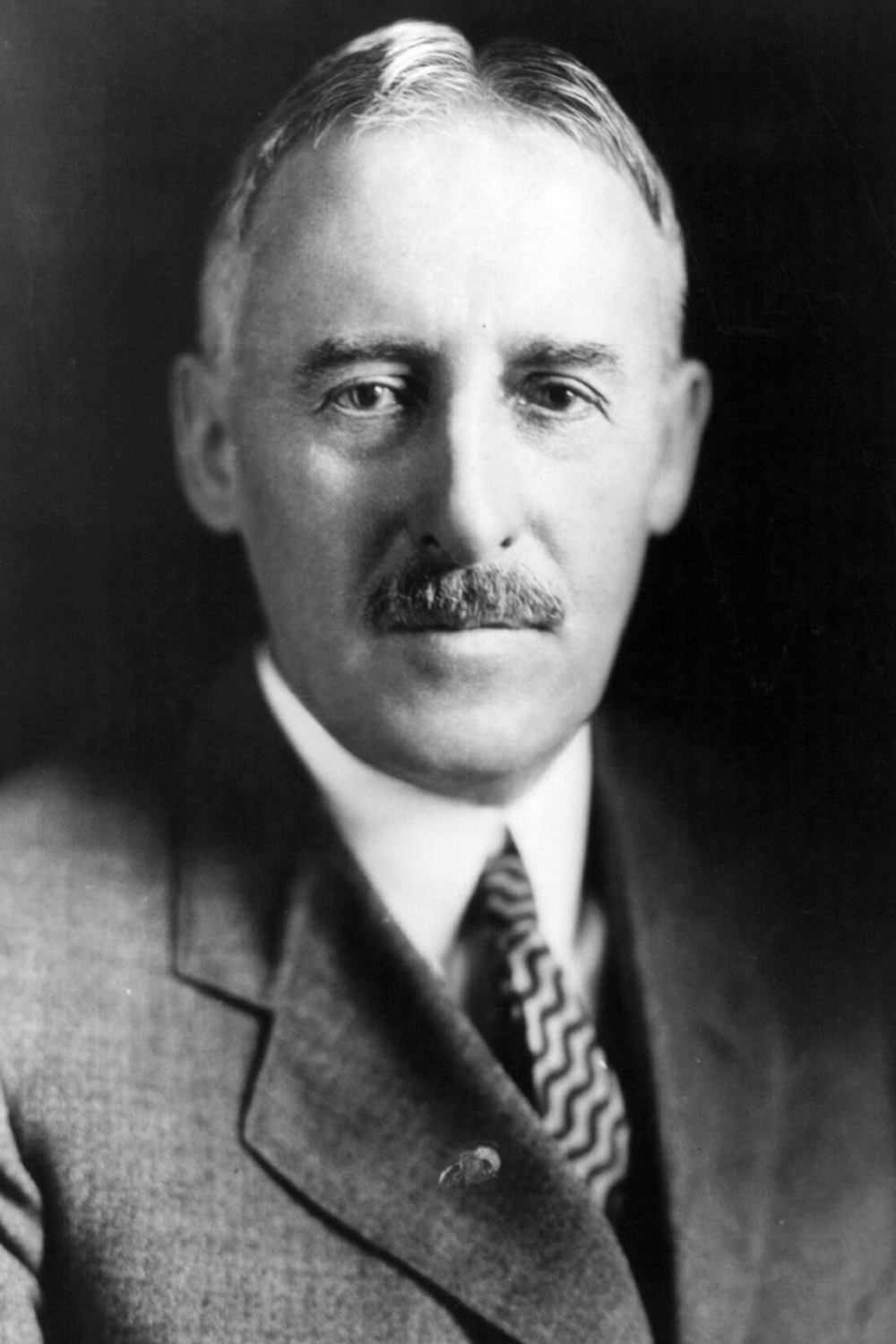
1945 - President Franklin D. Roosevelt
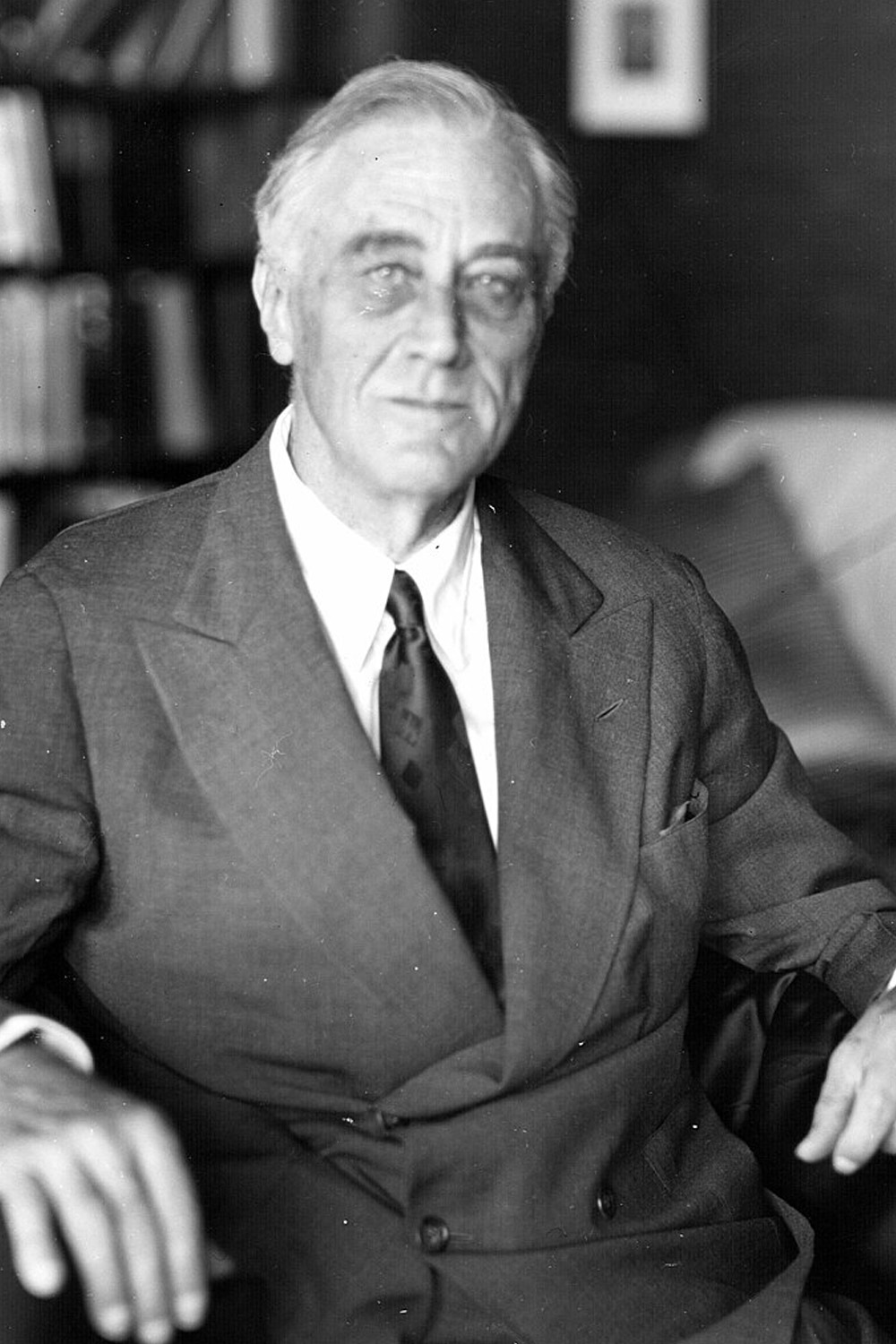
1944 - Frank Knox

1944 - Gen. Henry H. "Hap" Arnold
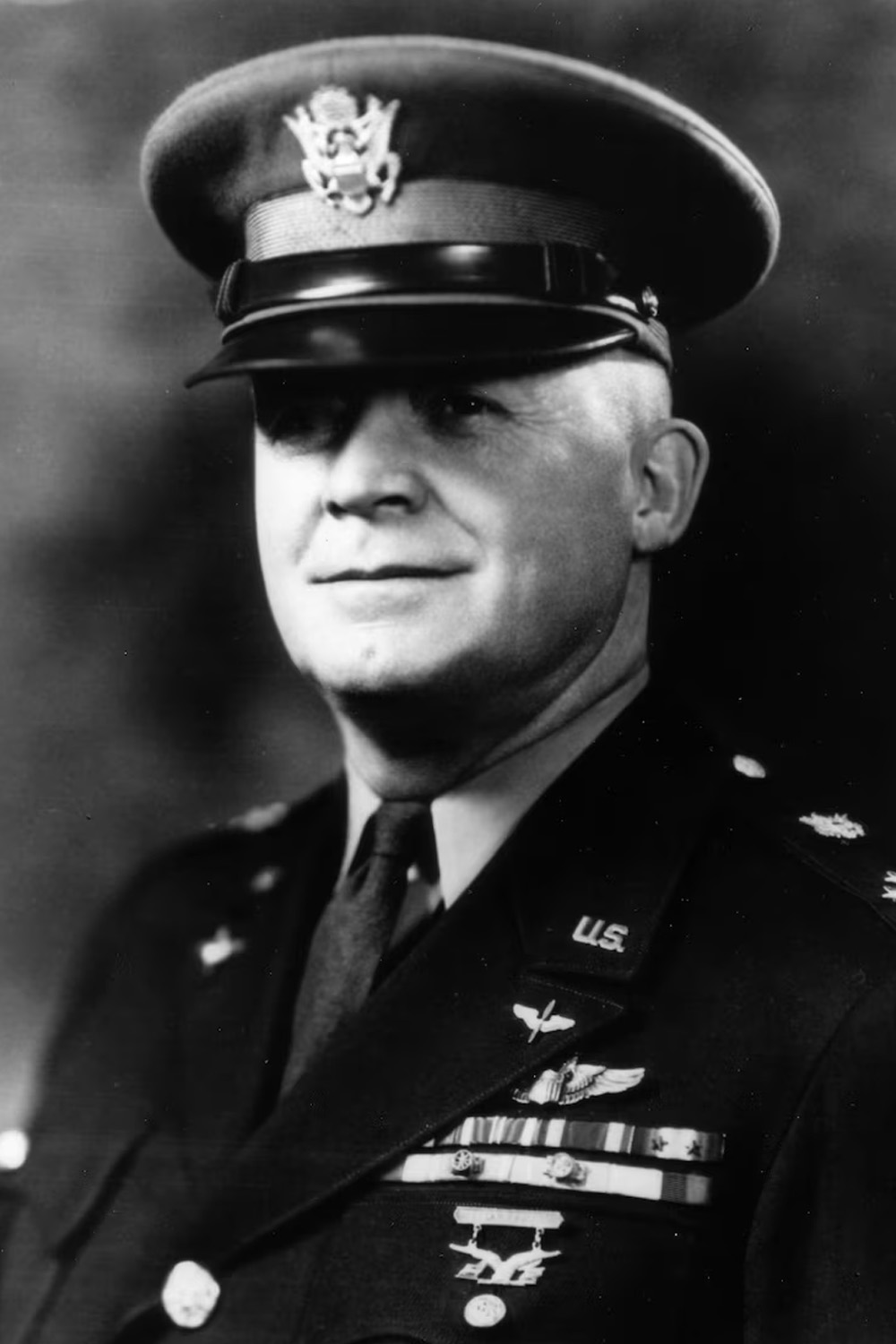
1944 - Henry Ford
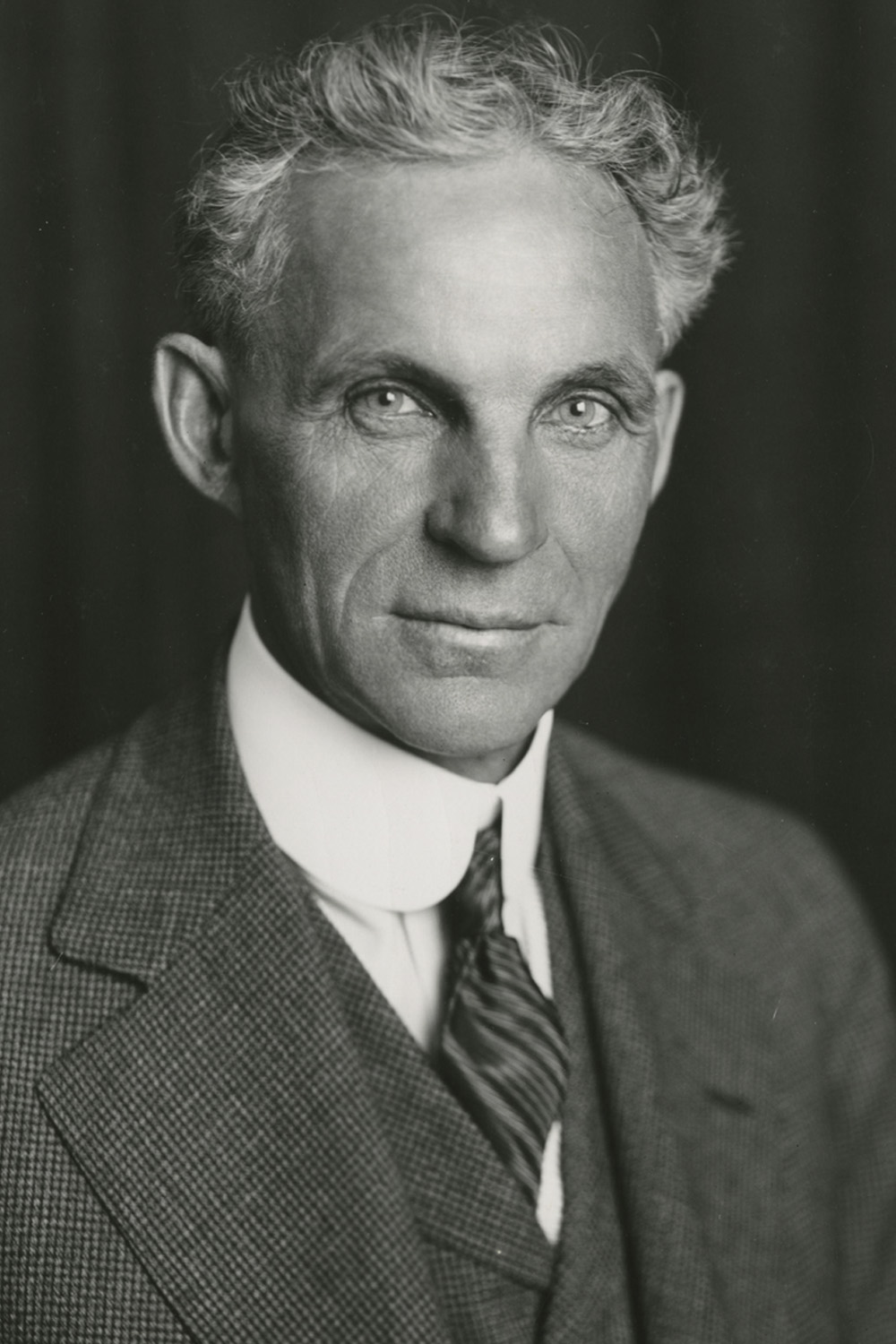
1943 - Adm. Ernest J. King

1943 - Gen. George C. Marshall
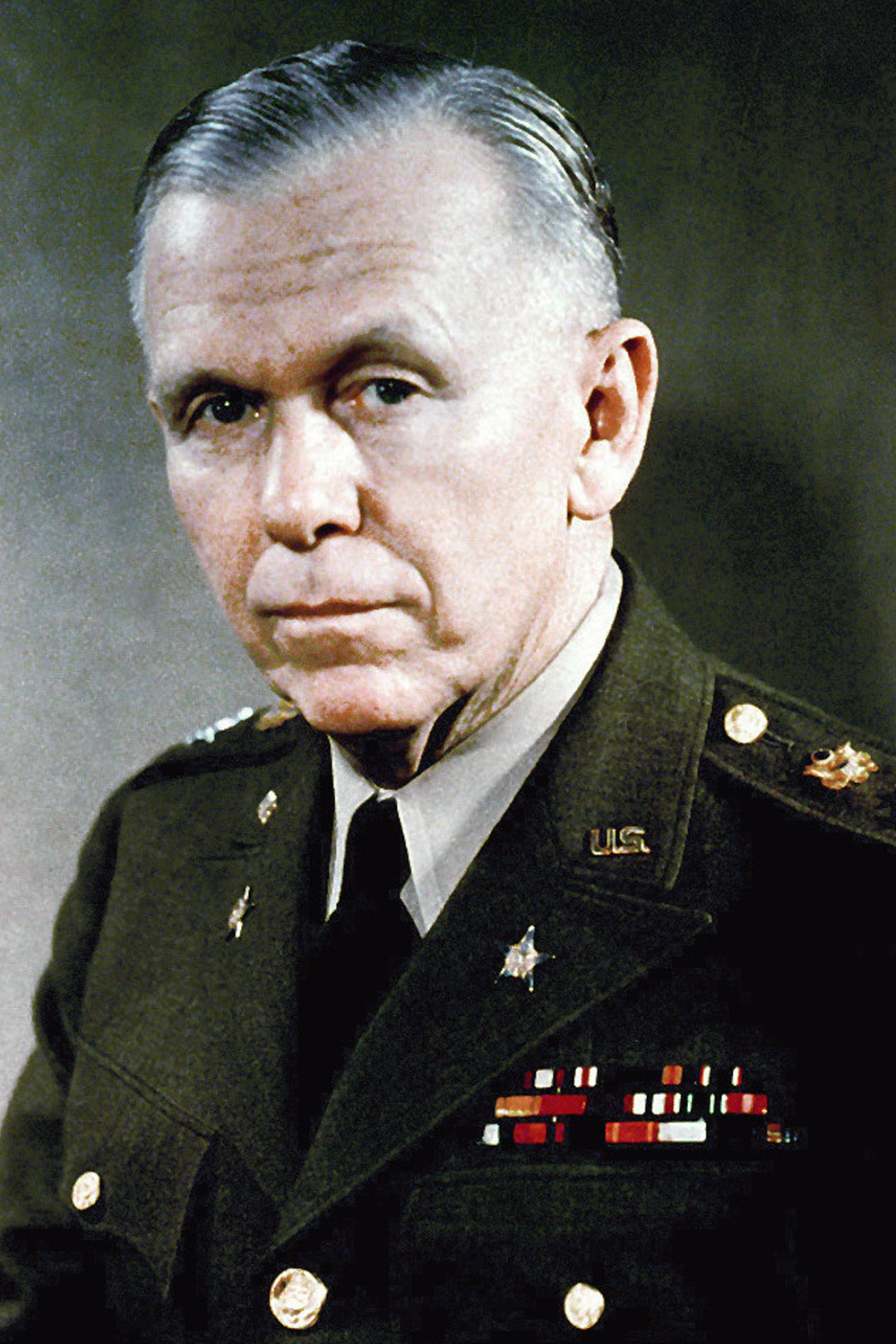
1942 - Gen. Douglas A. MacArthur
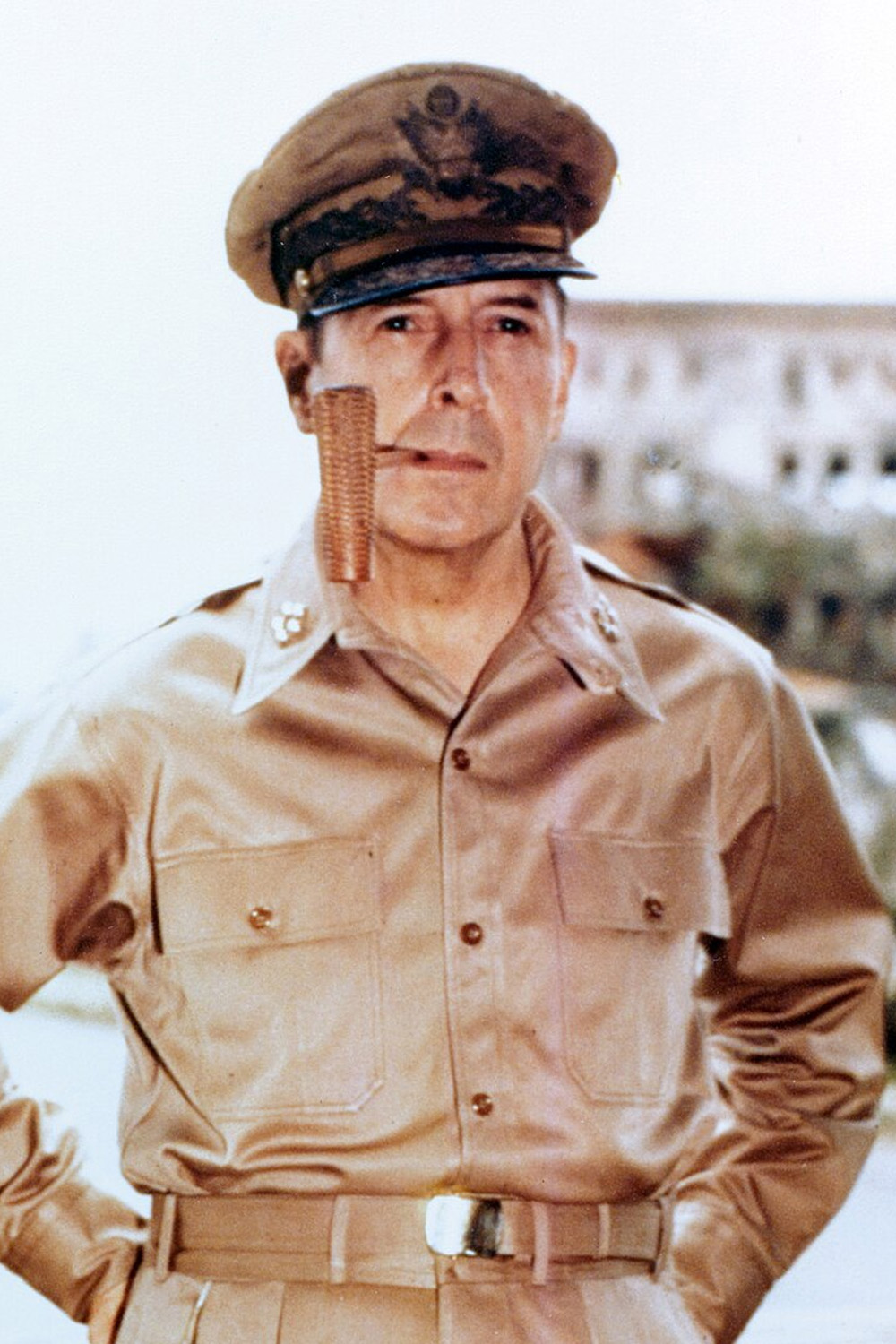
1930 - Adm. William S. Sims

1929 - Judge Kenesaw Mountain Landis

1928 - Field Marshal Edmund Henry Hynman (1st Viscount) Allenby

1927 - Comte Francois Marie Robert Dejean
1926 - Ignace Jan Paderewski

1923 - Adm. Robert E. Coontz

1923 - Gen. Josef Haller

1922 - Gen. John J. Pershing

1921 - Adm. Sir David Beatty

1921 - Gen. Armando Diaz

1921 - Lt. Gen. Baron Jacques

1921 - M. Charles Bertrand
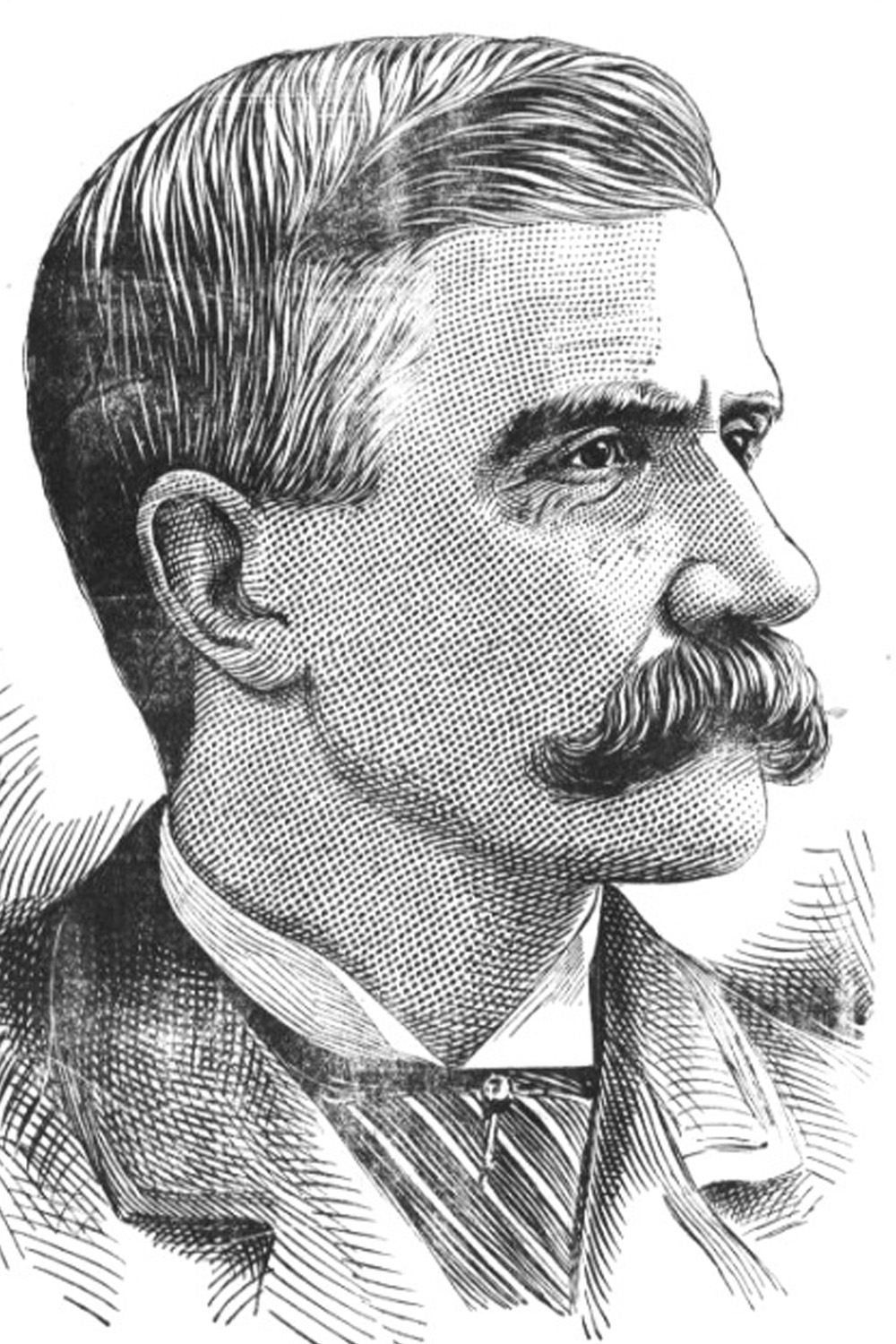
1921 - Marshal Ferdinand Foch
